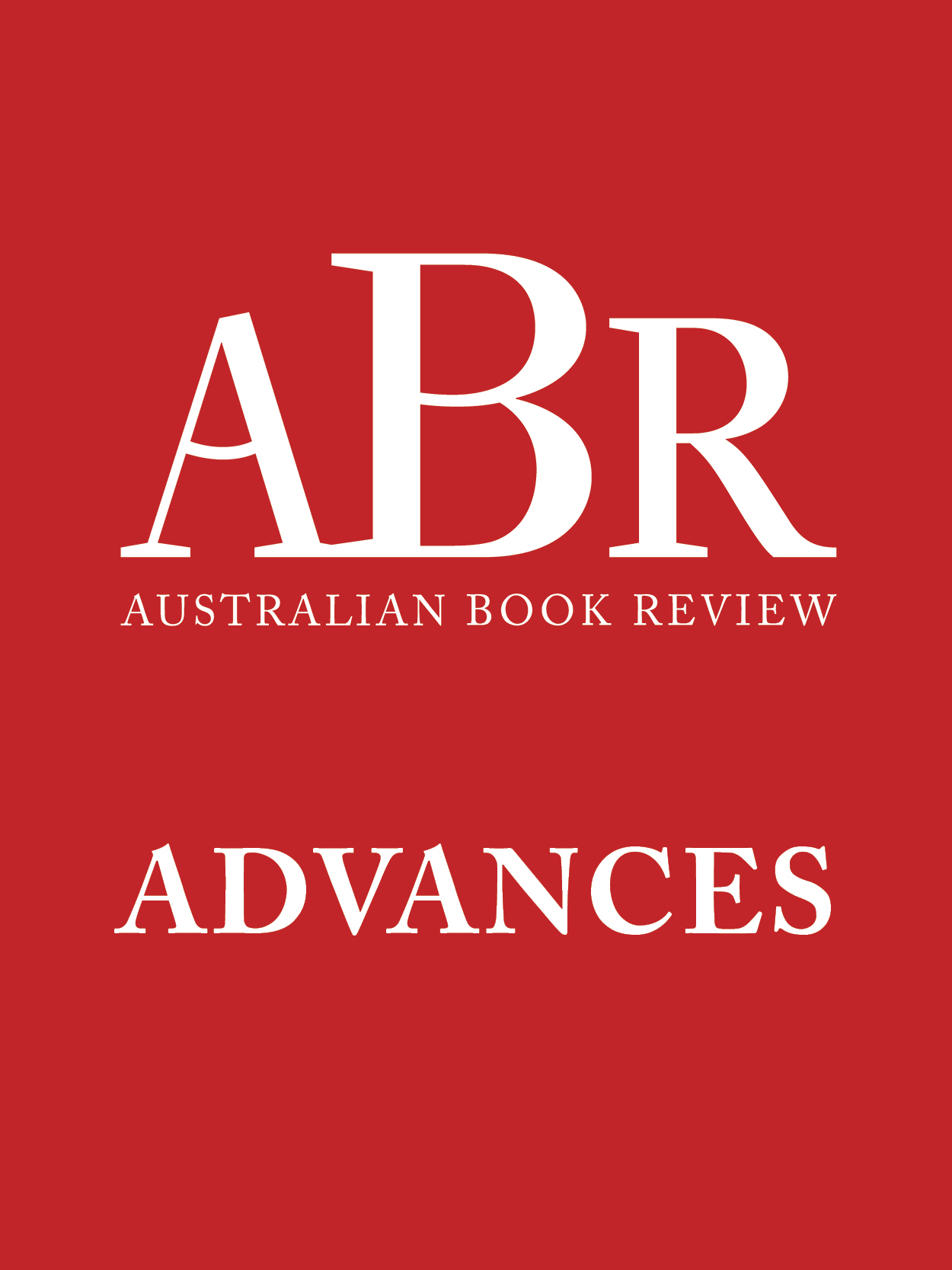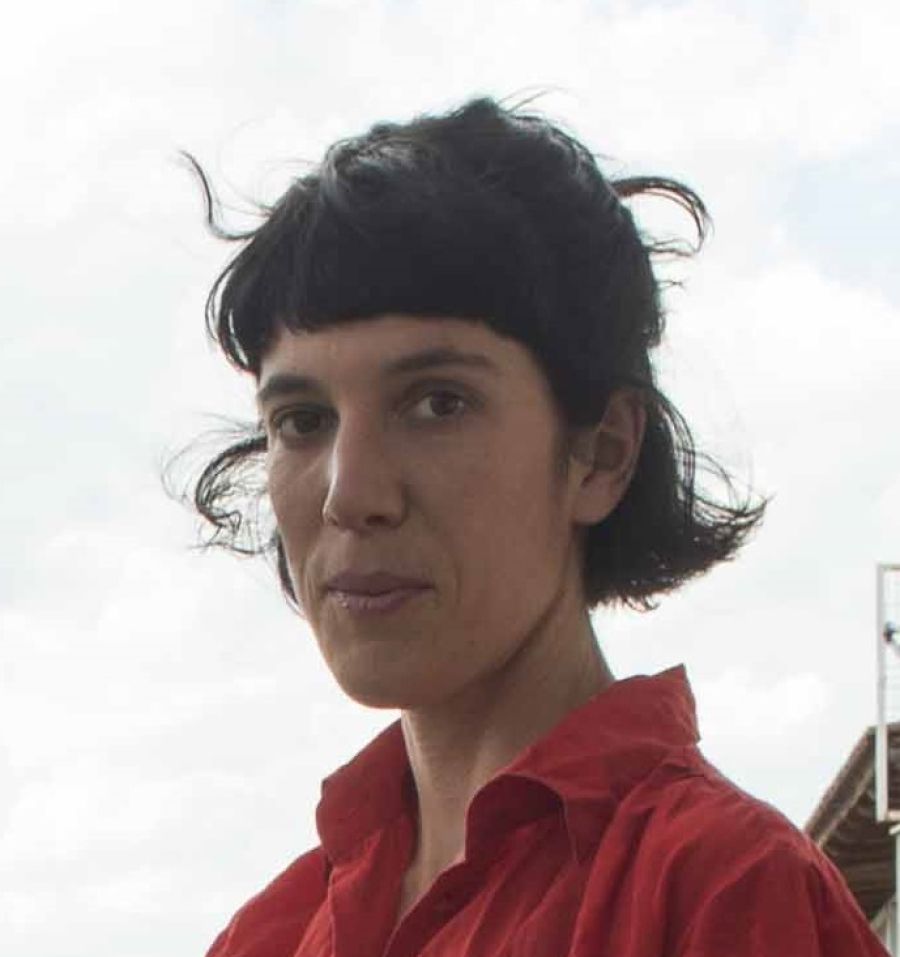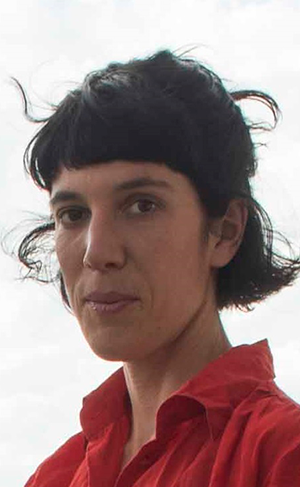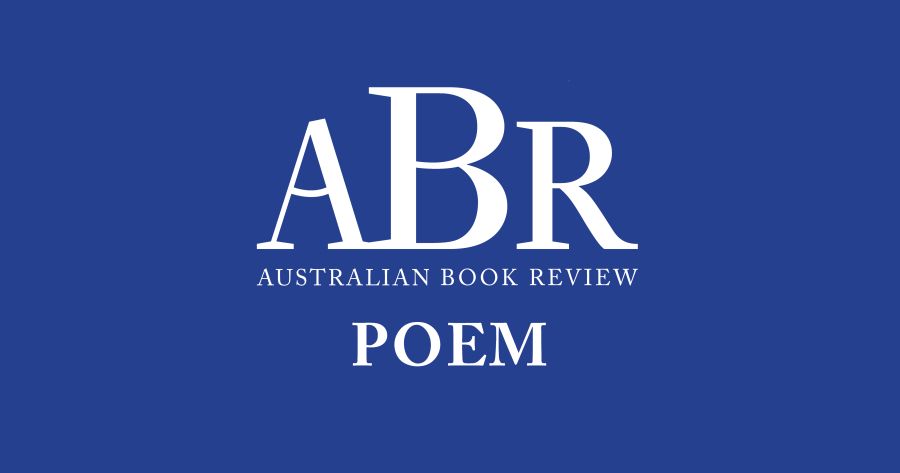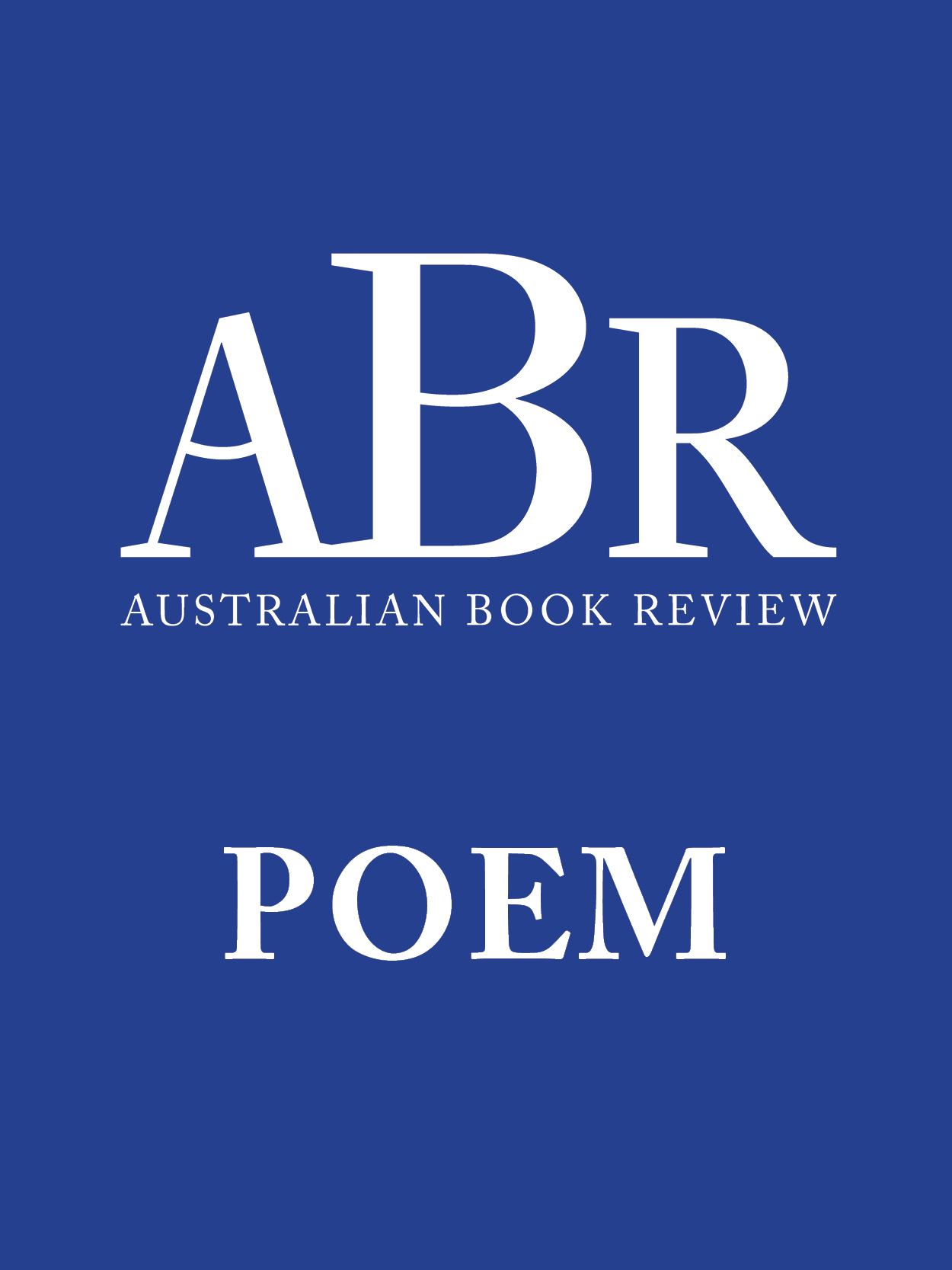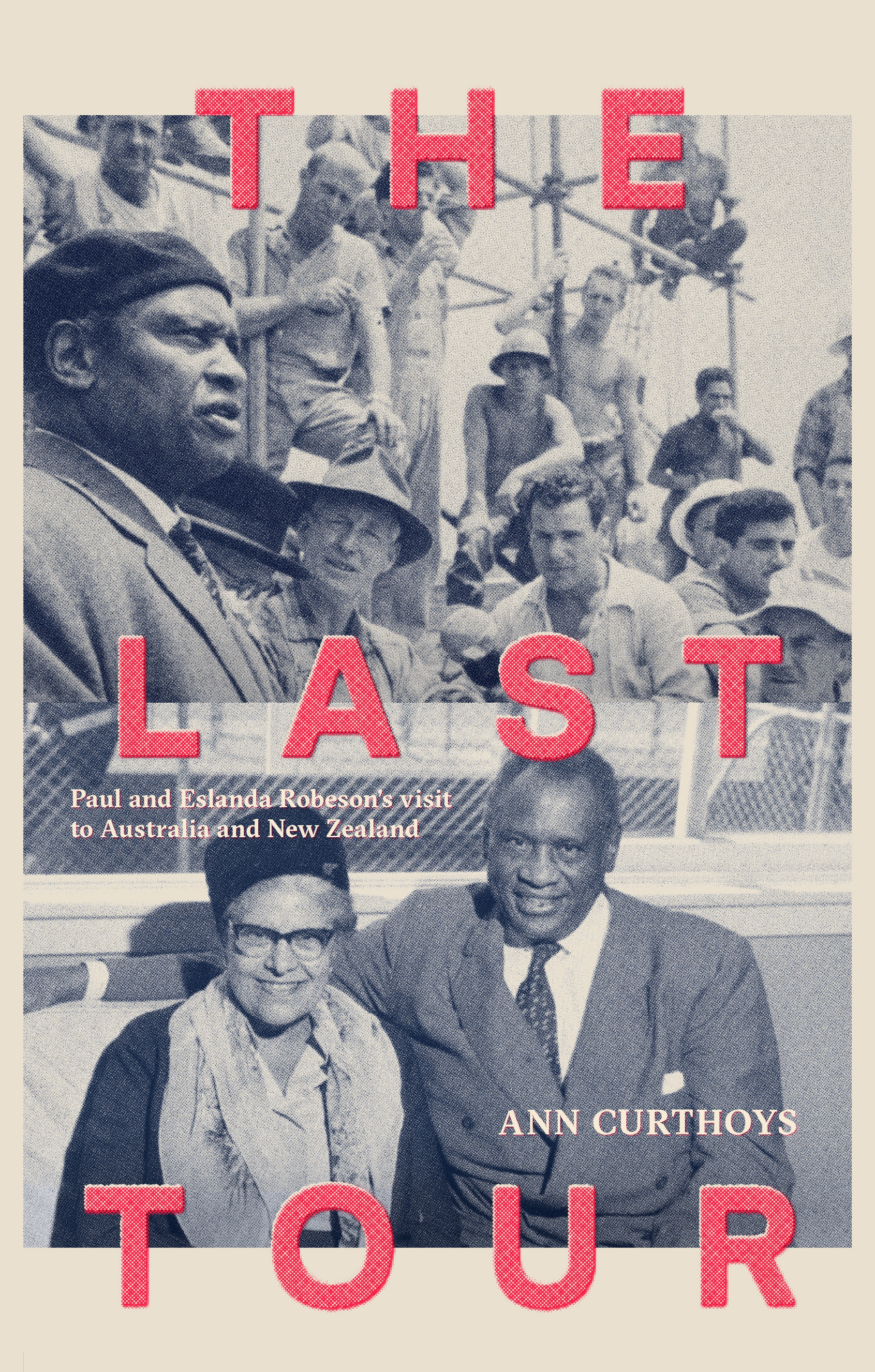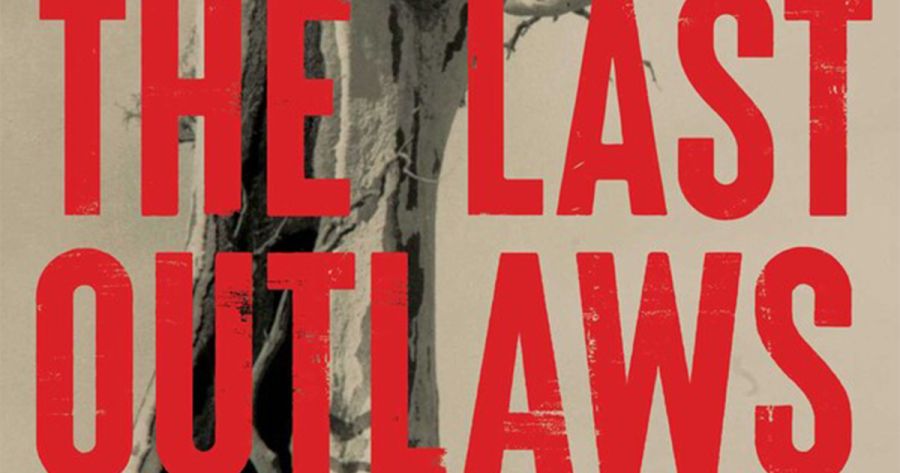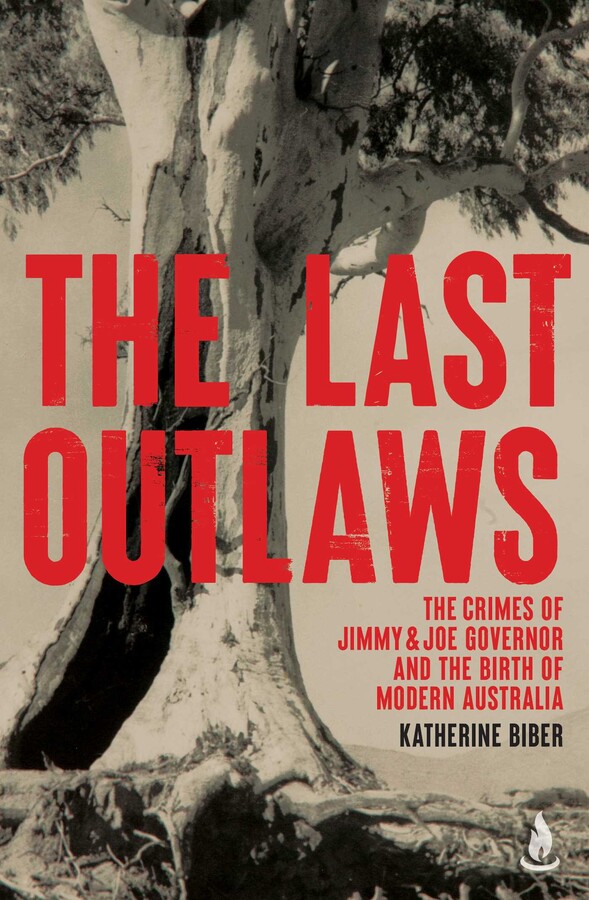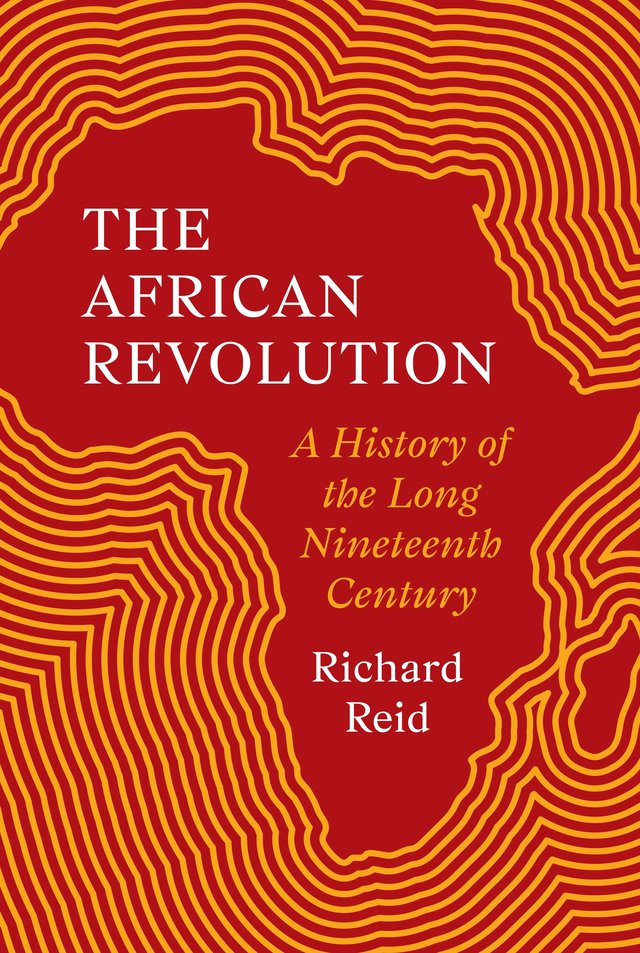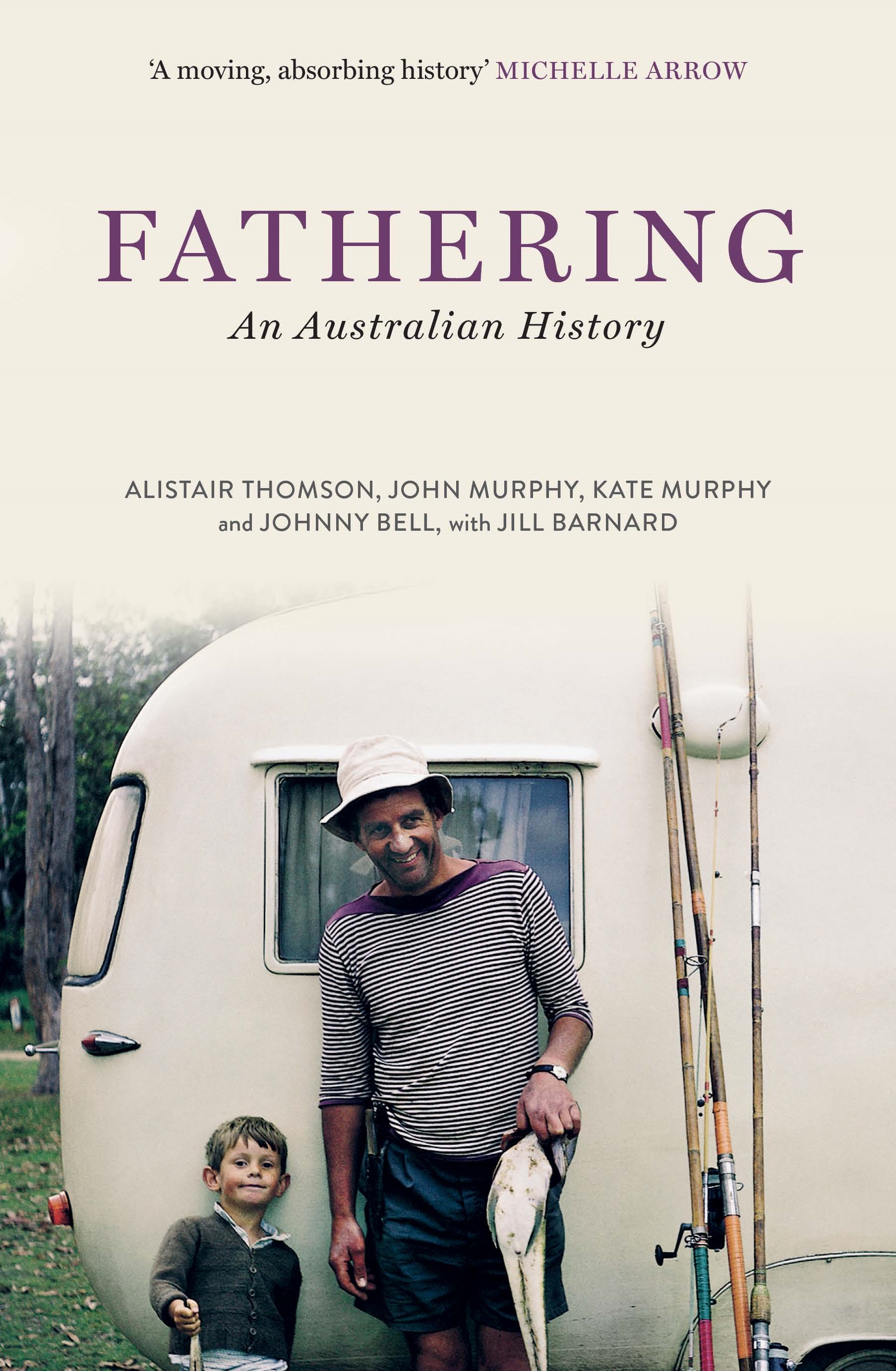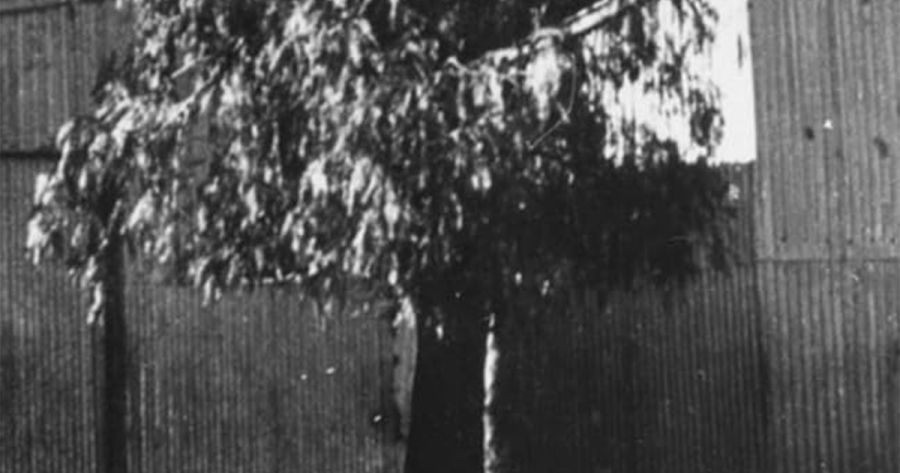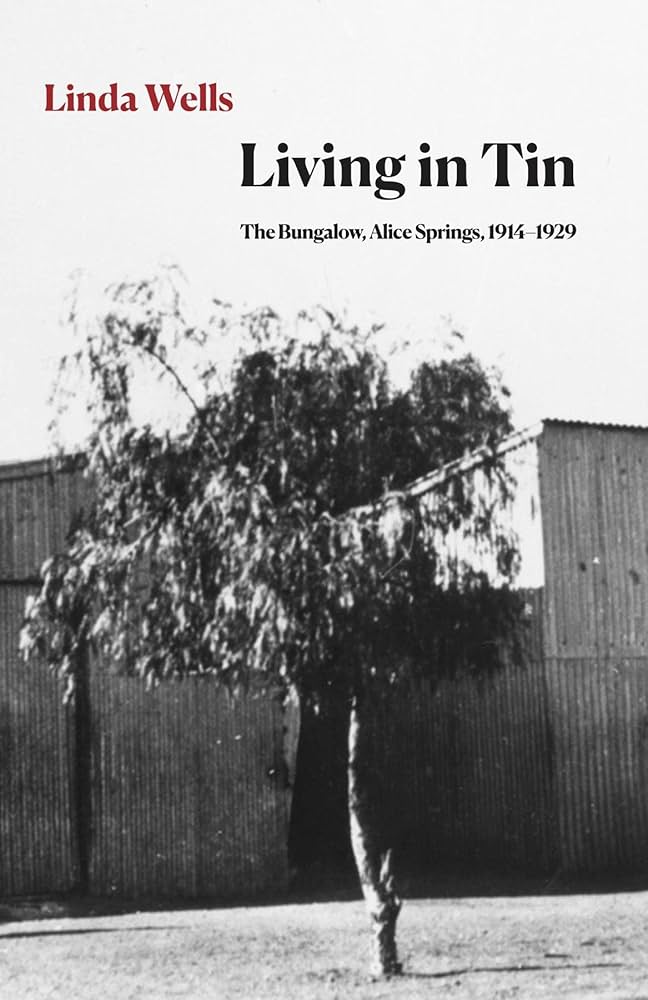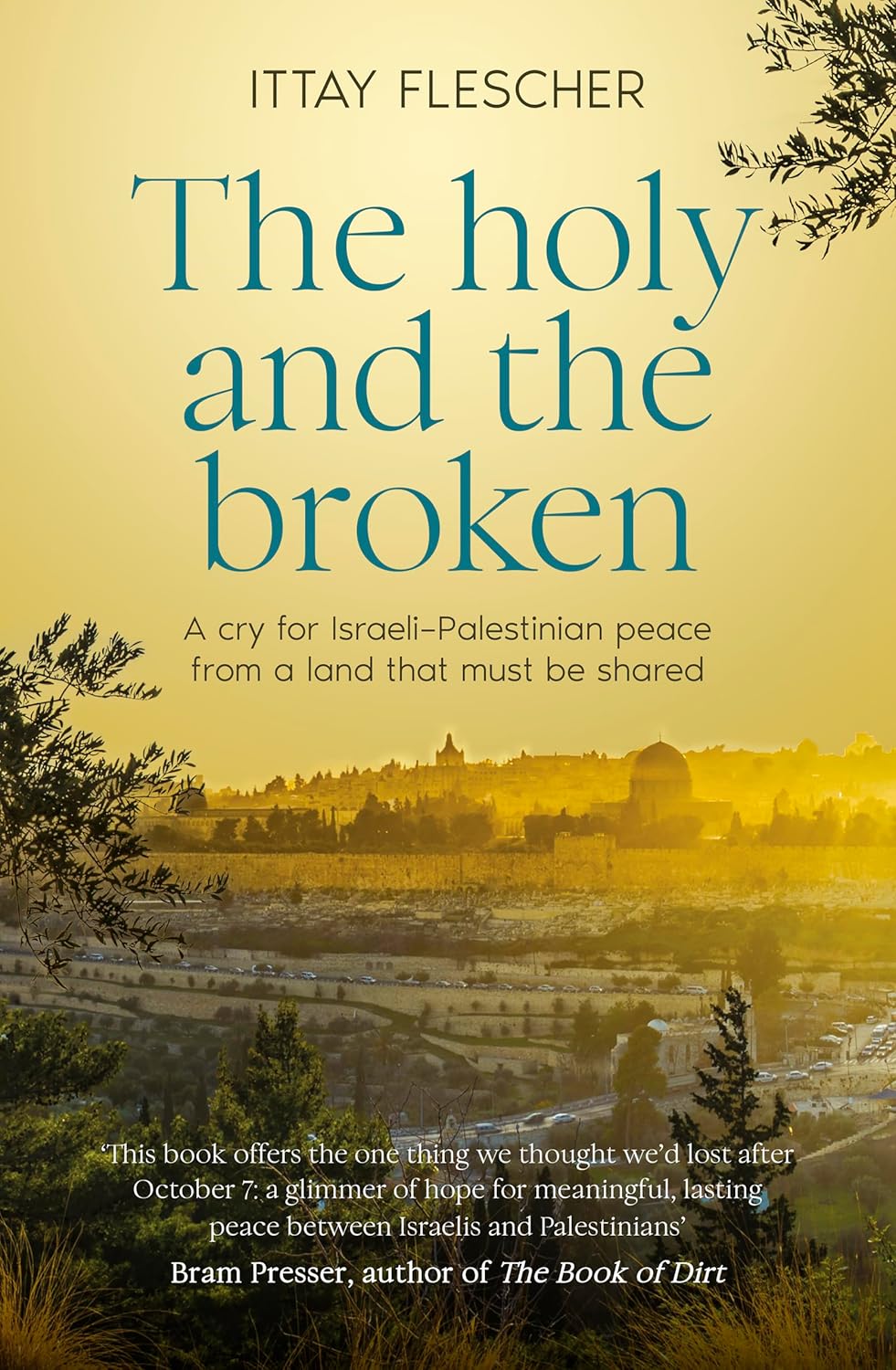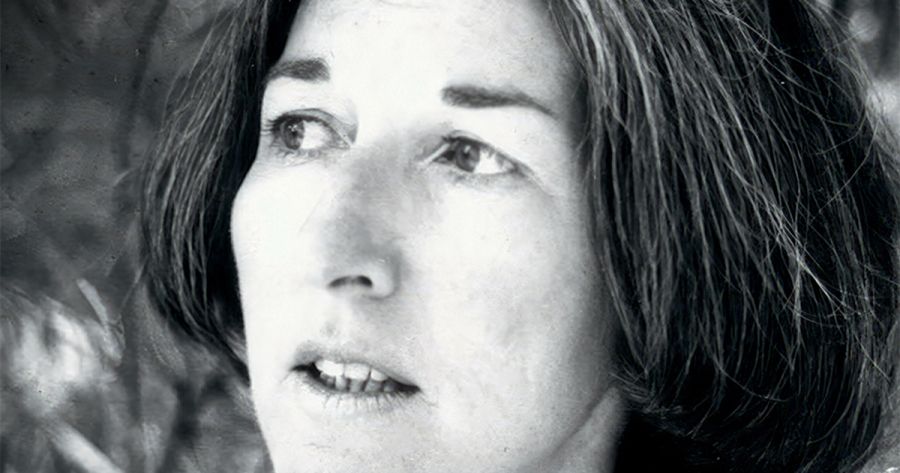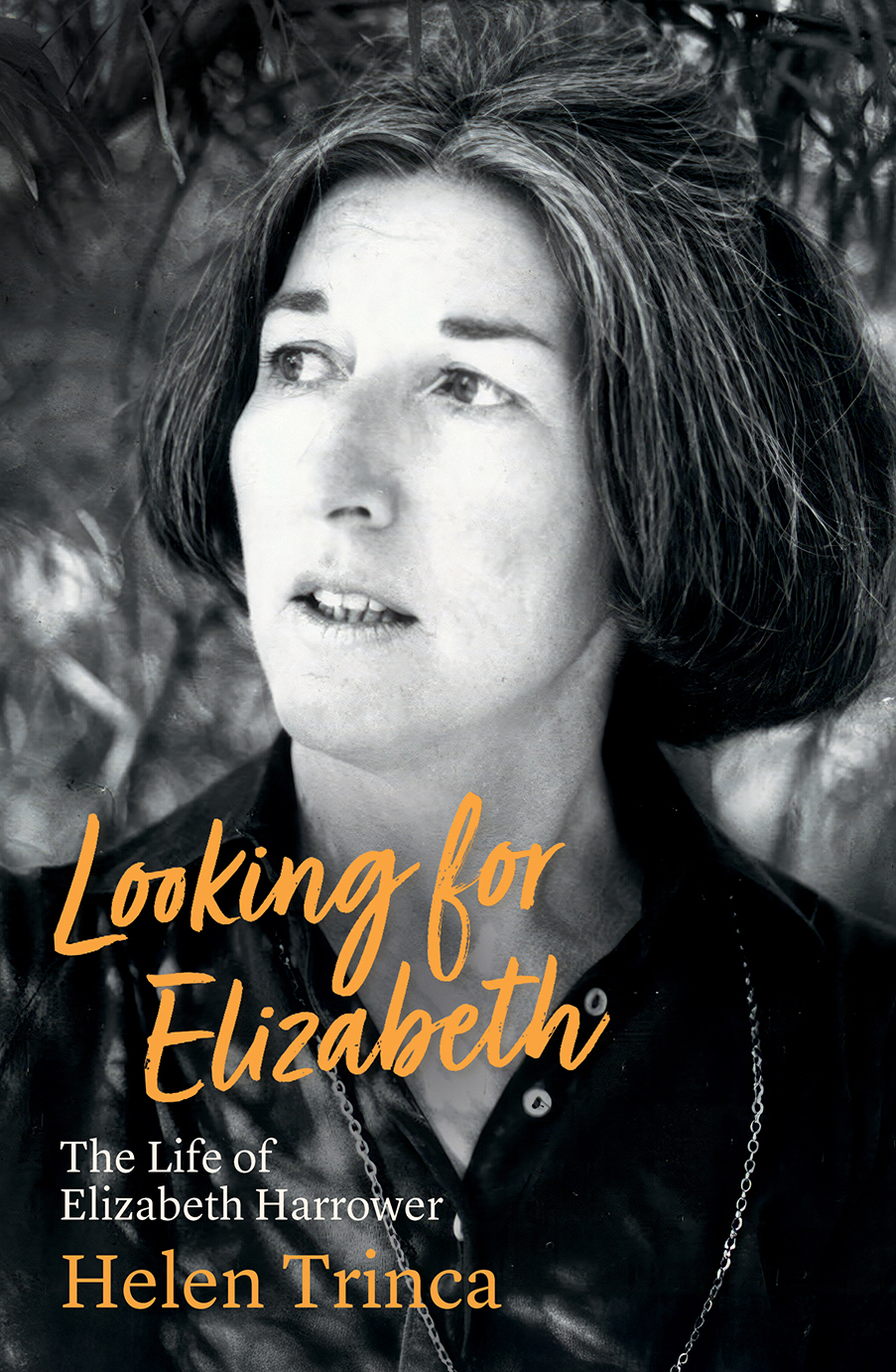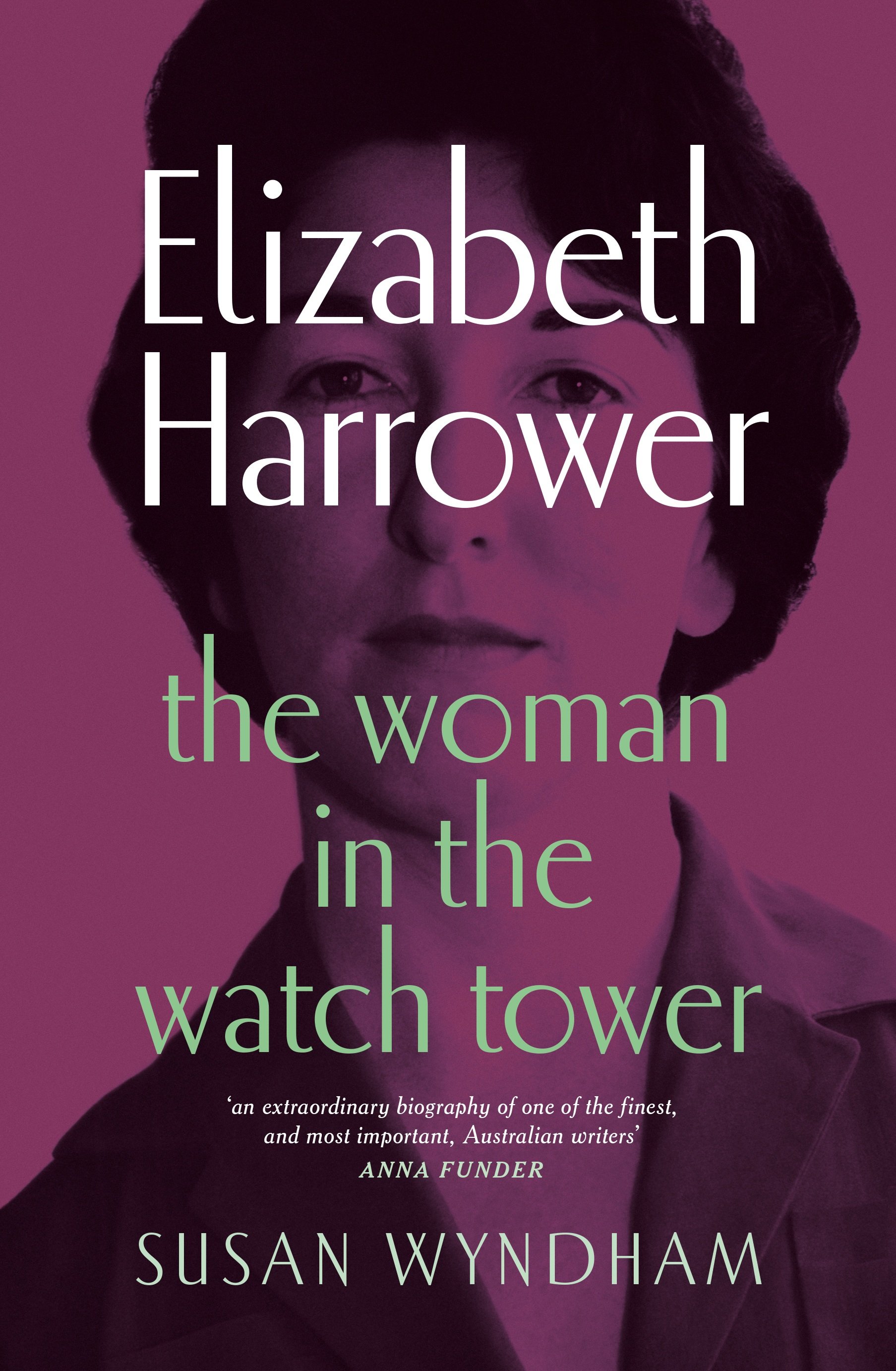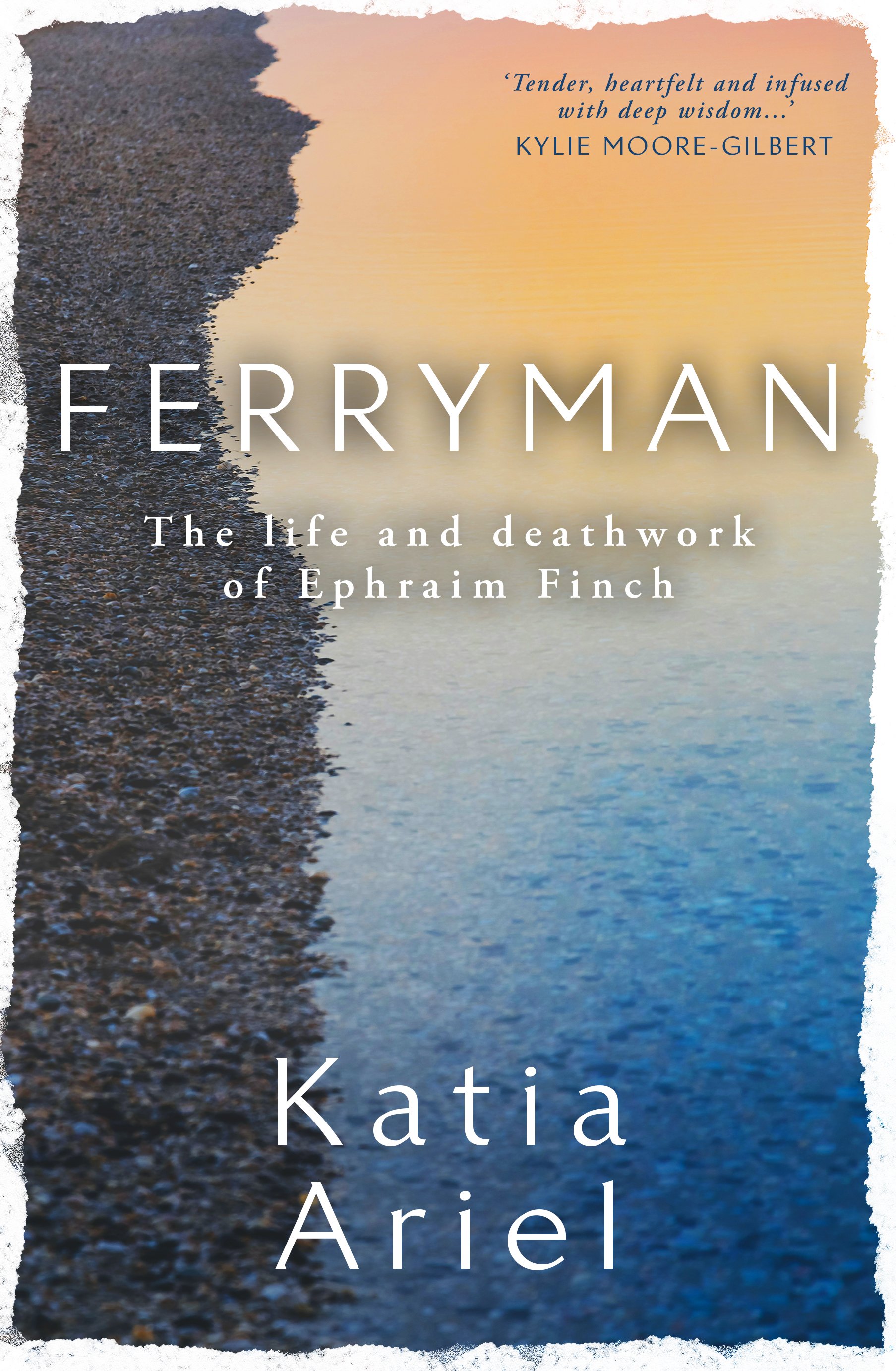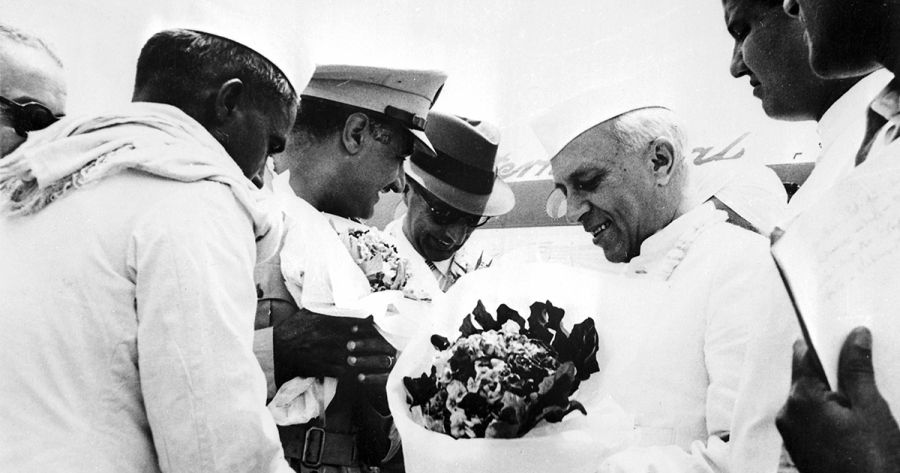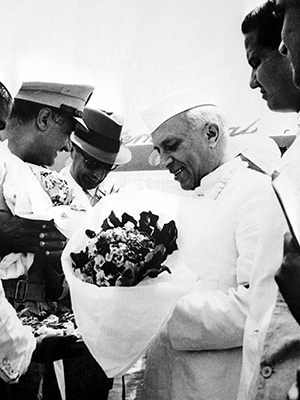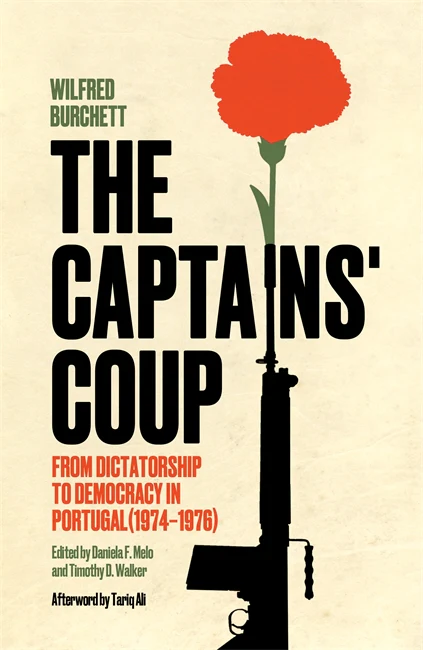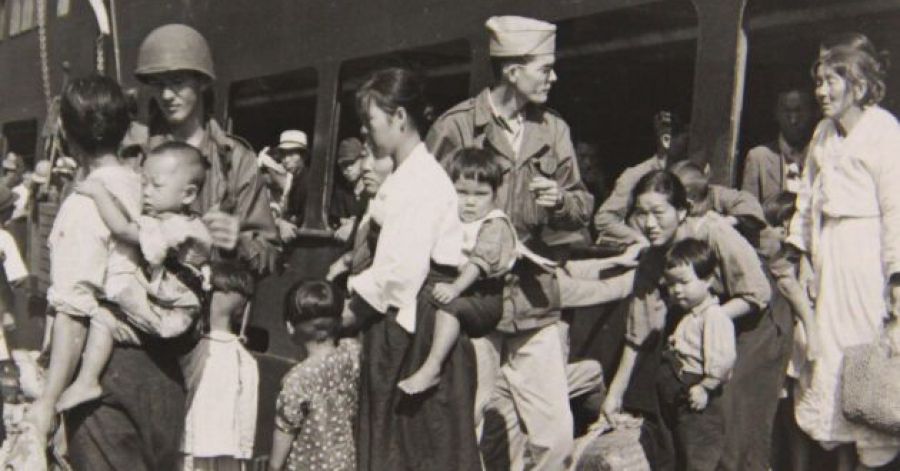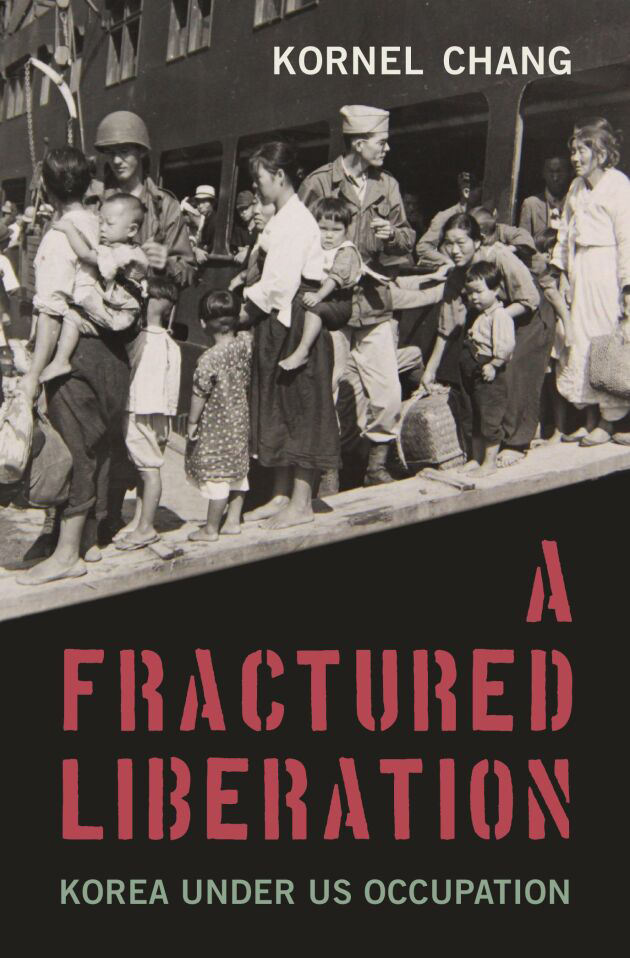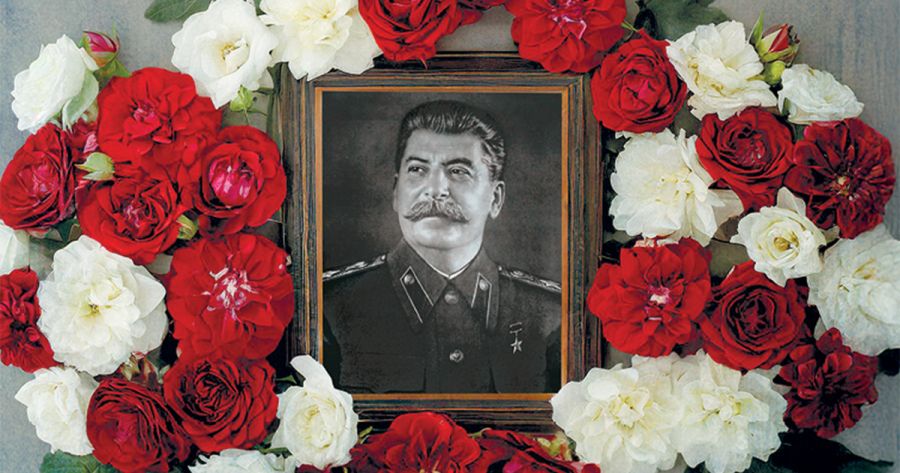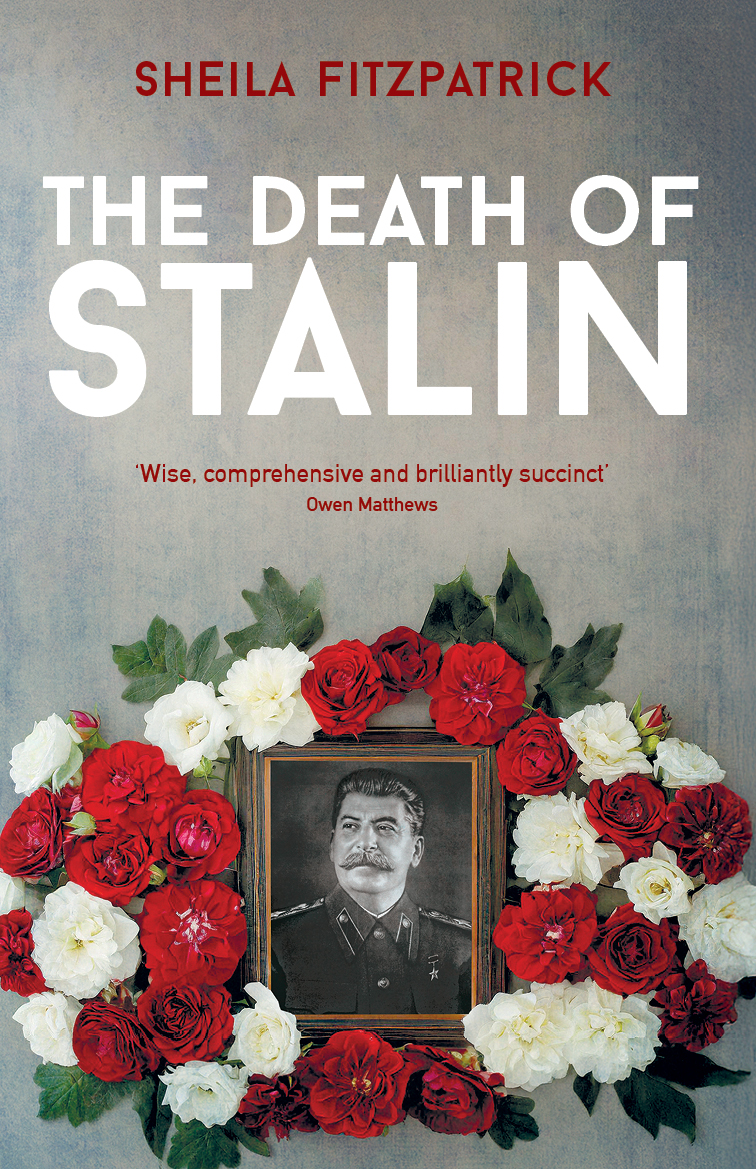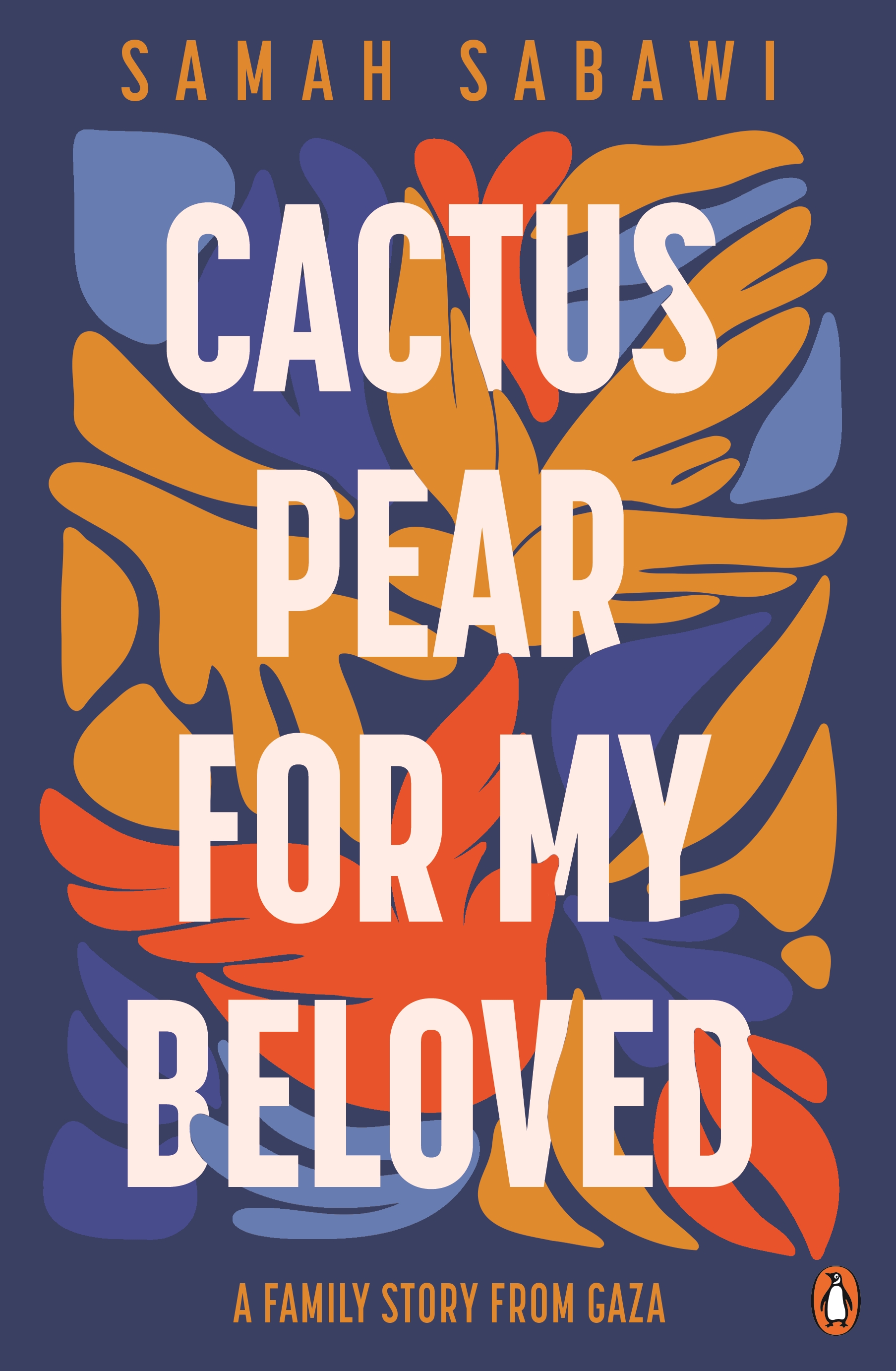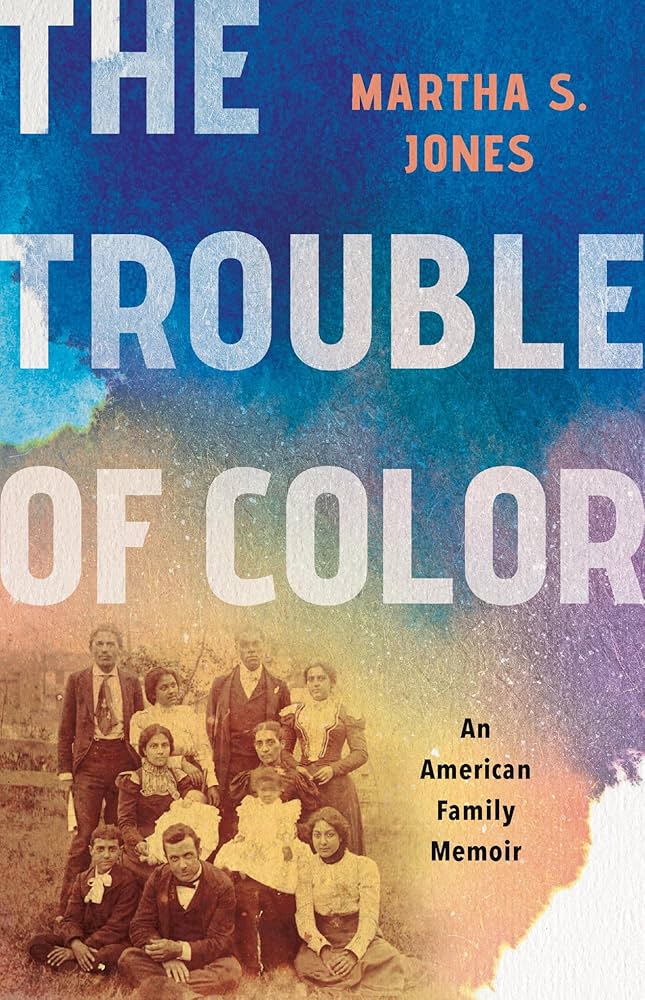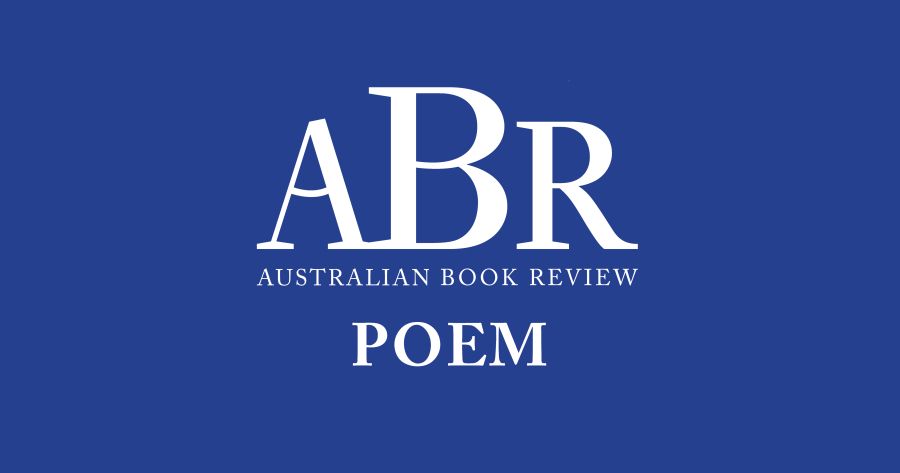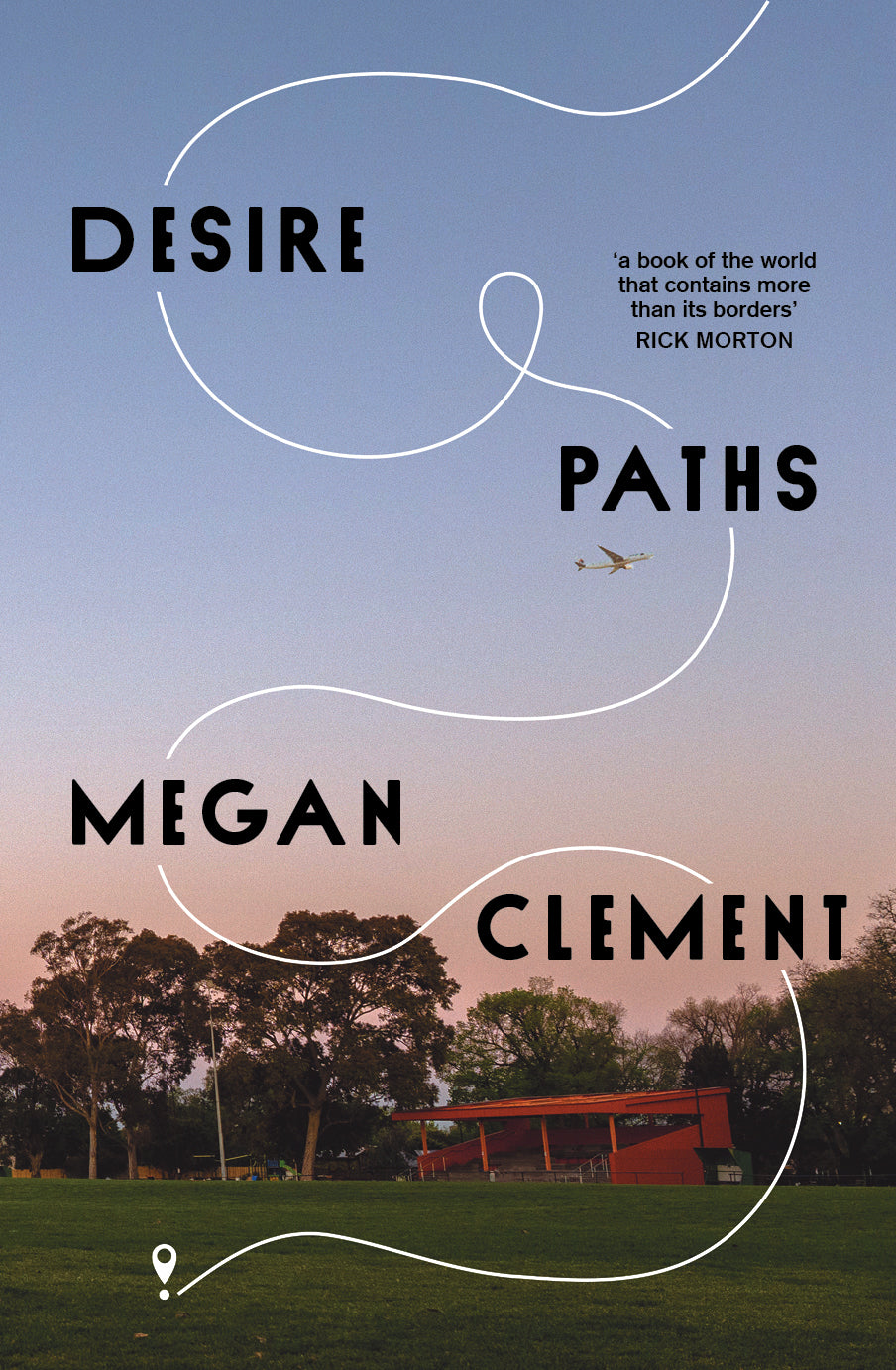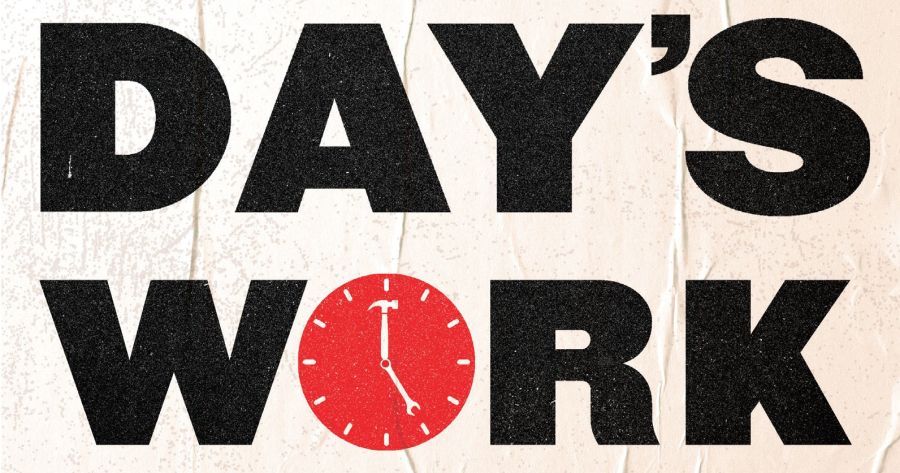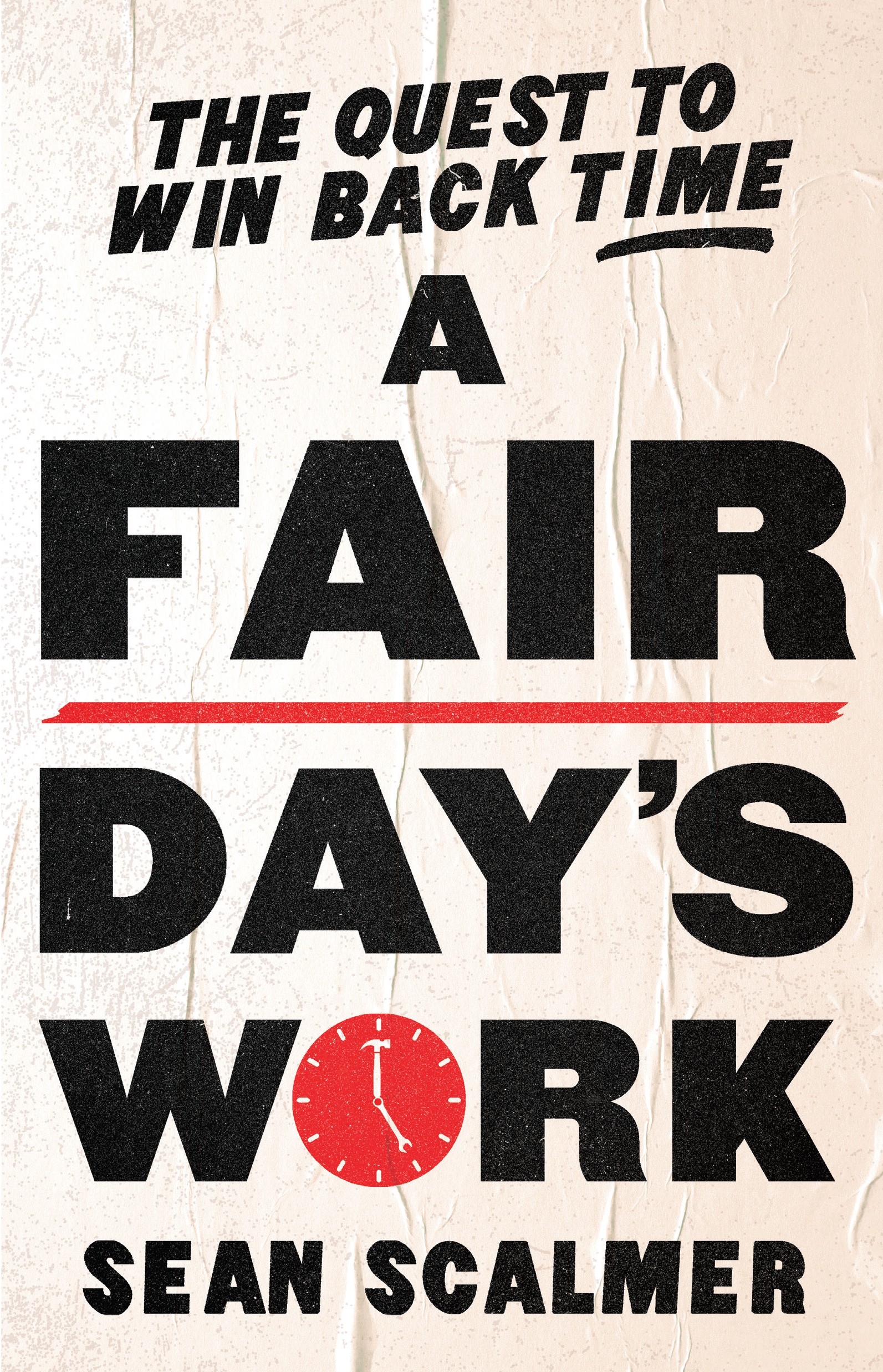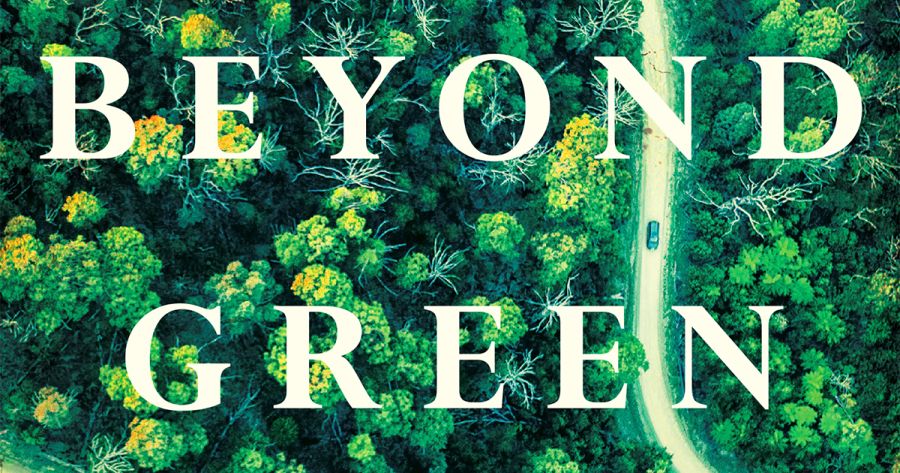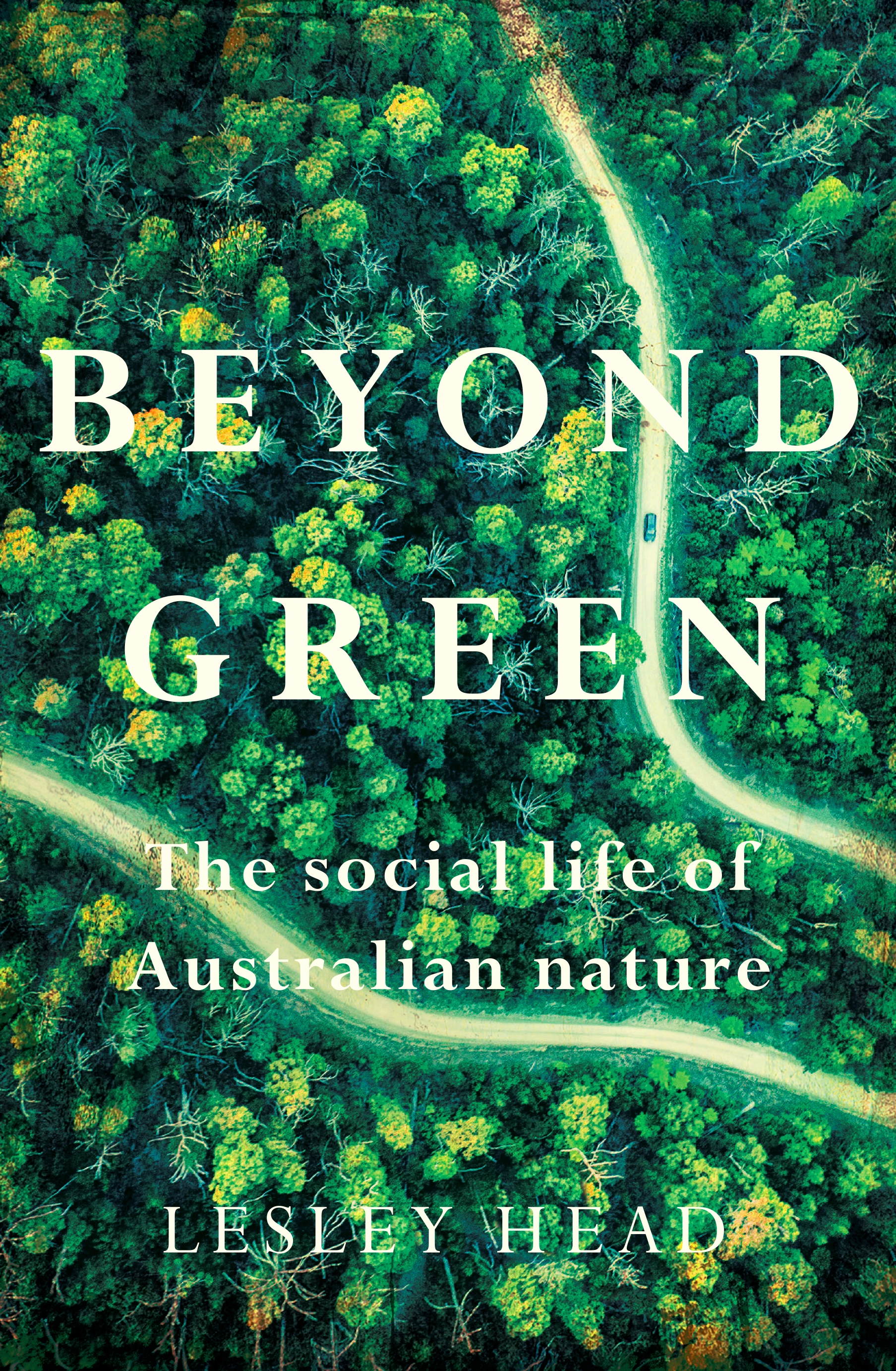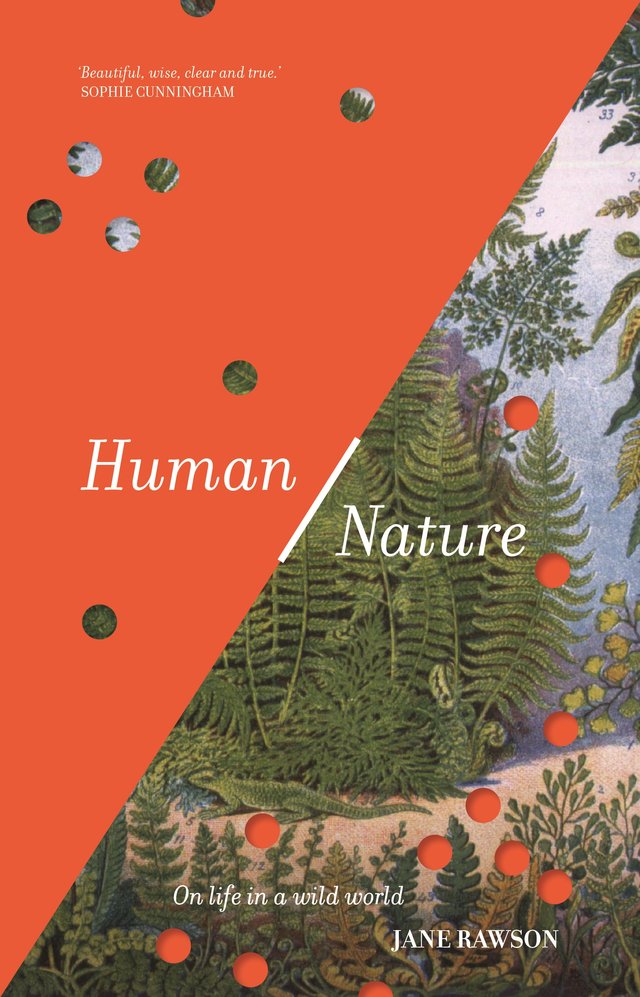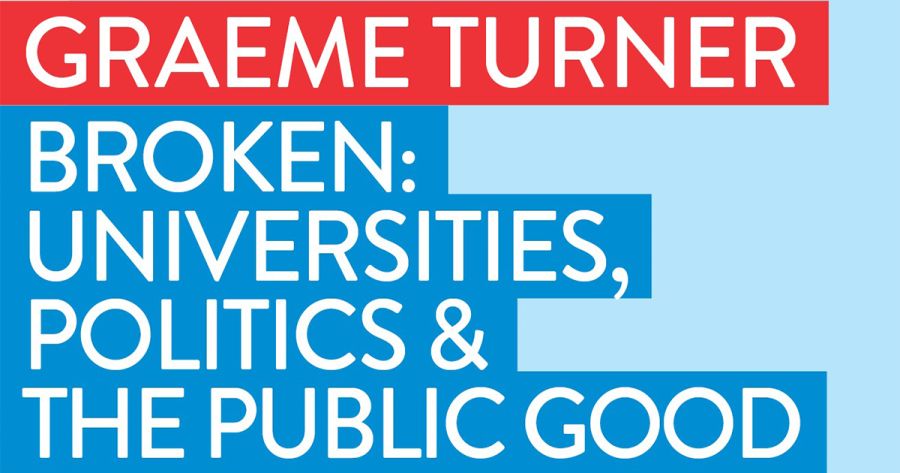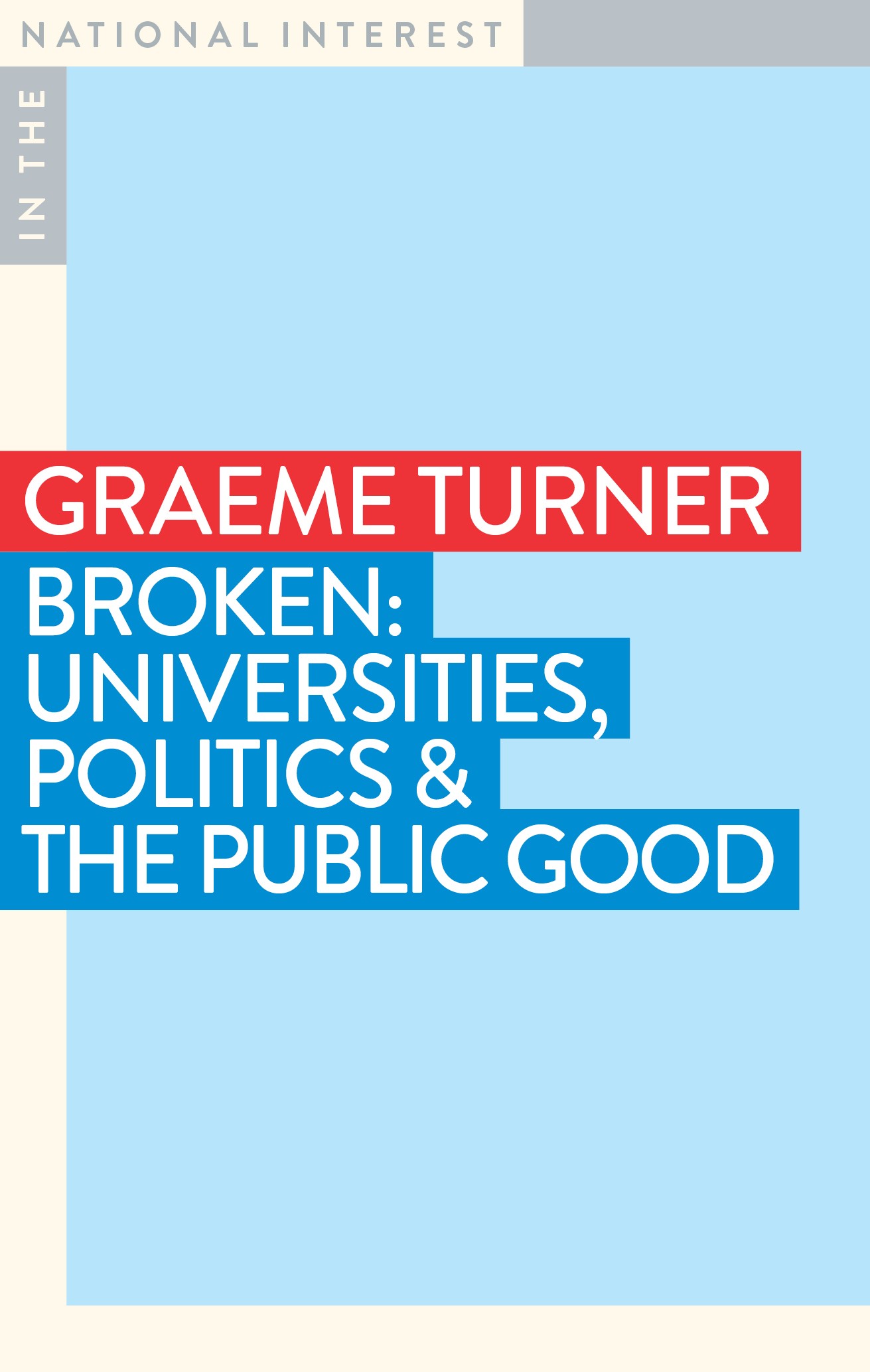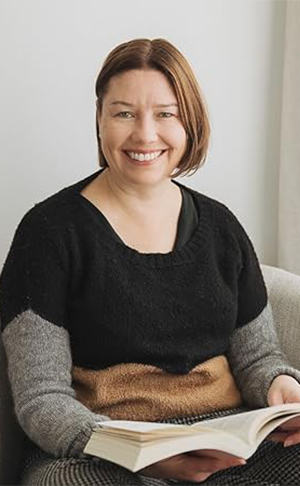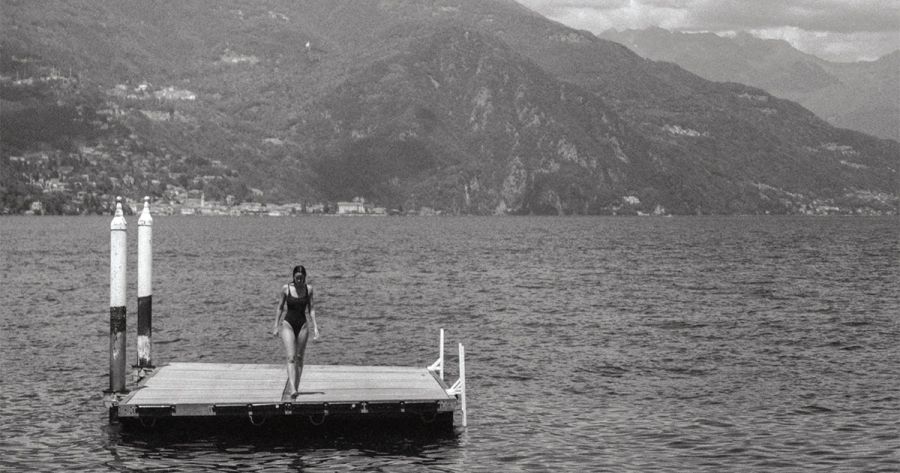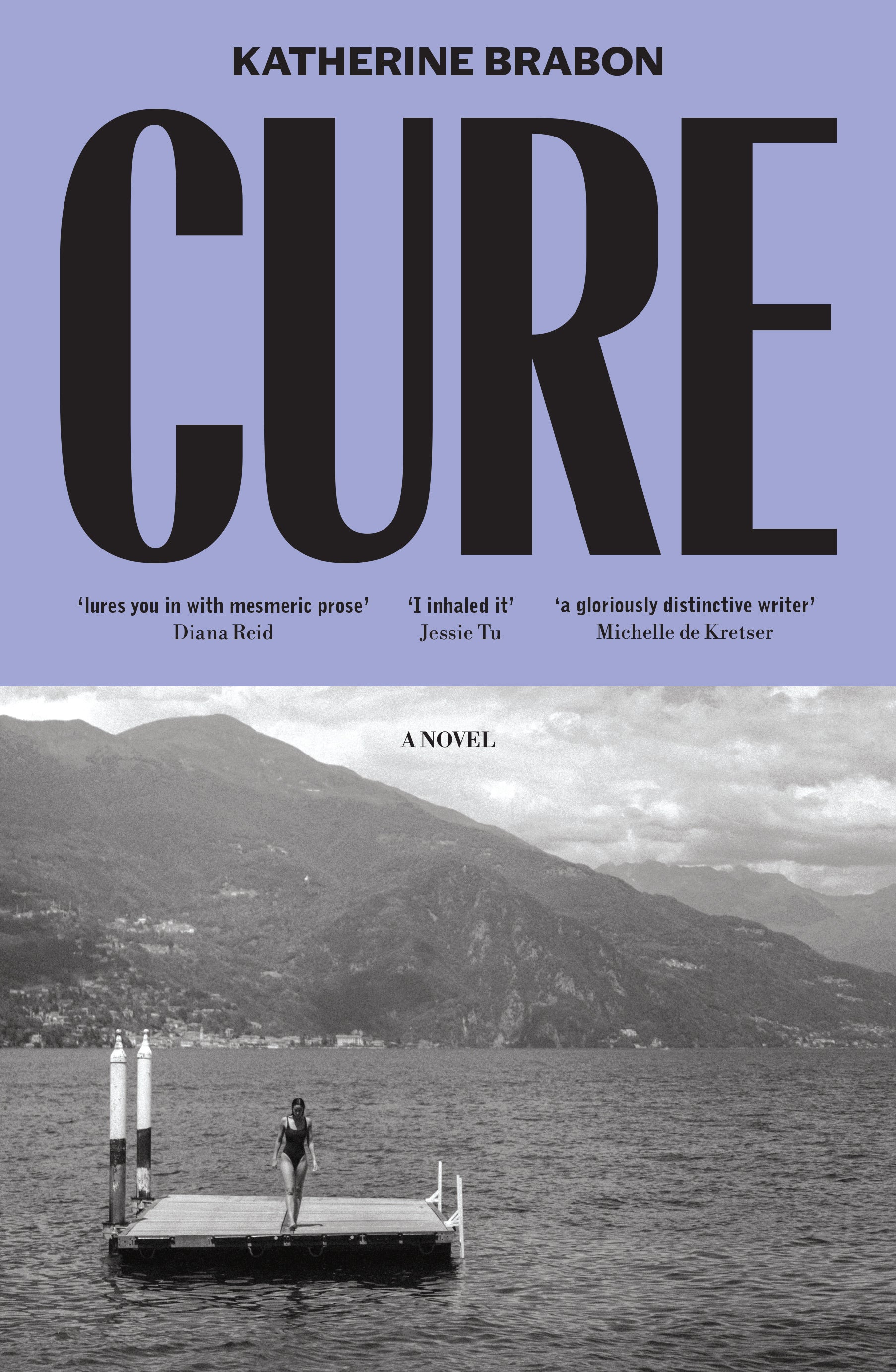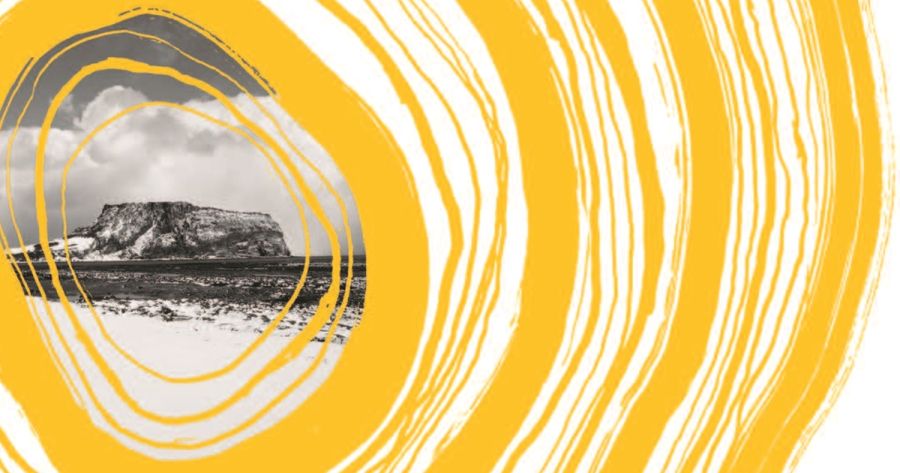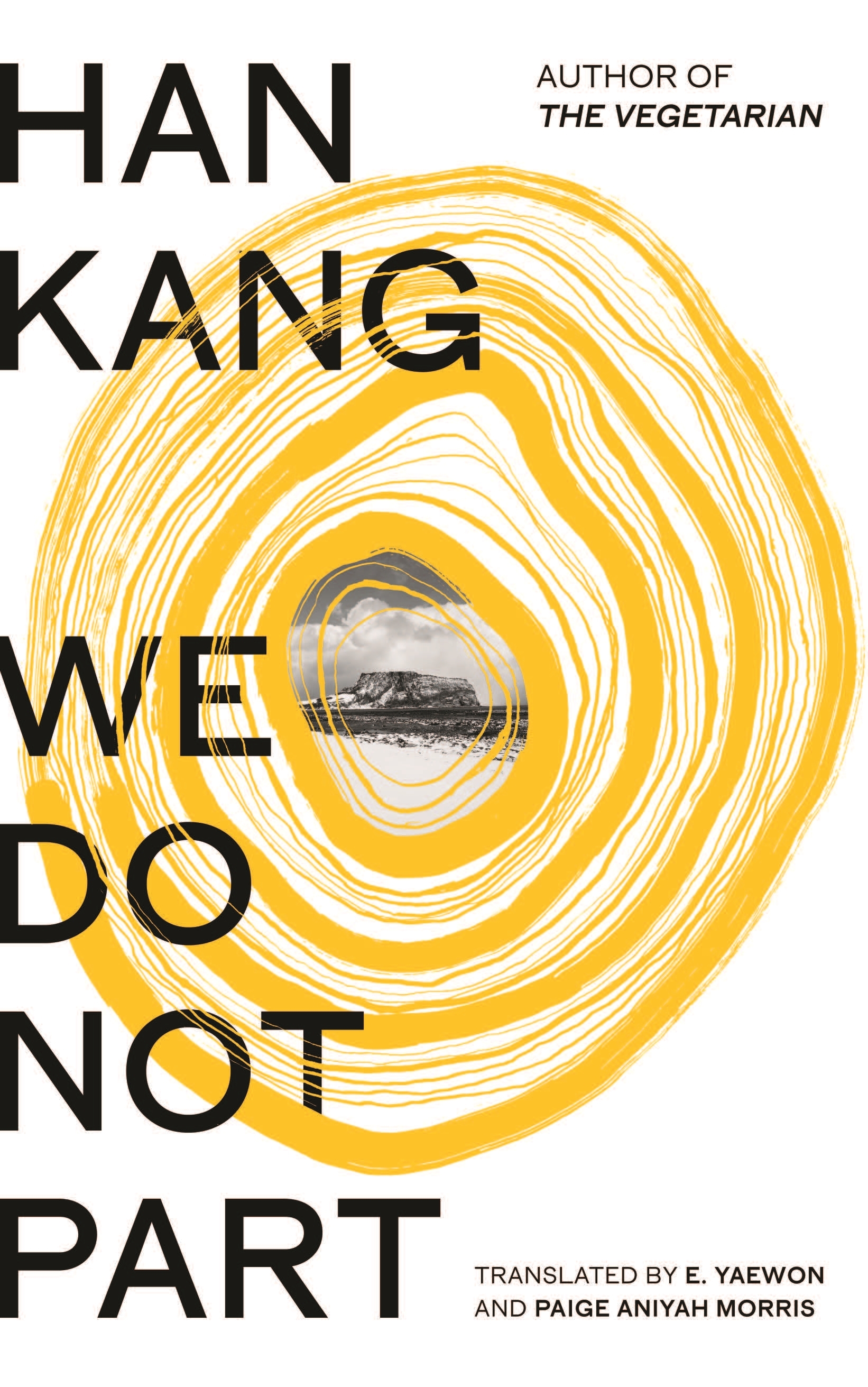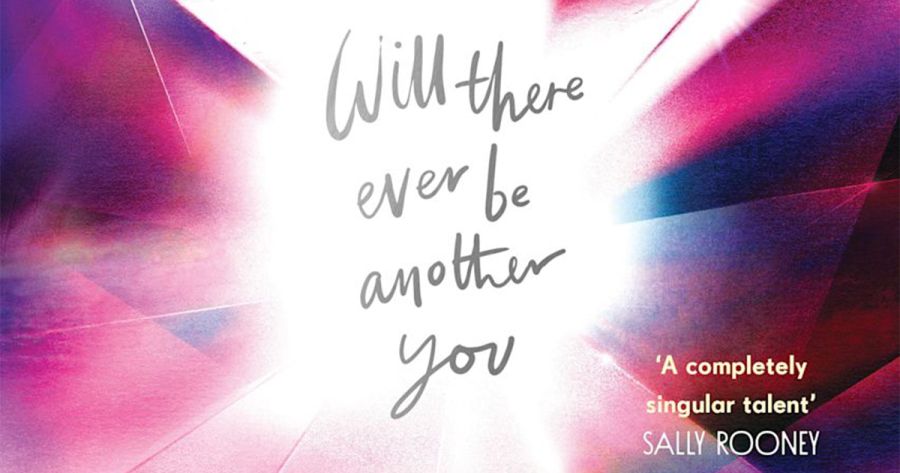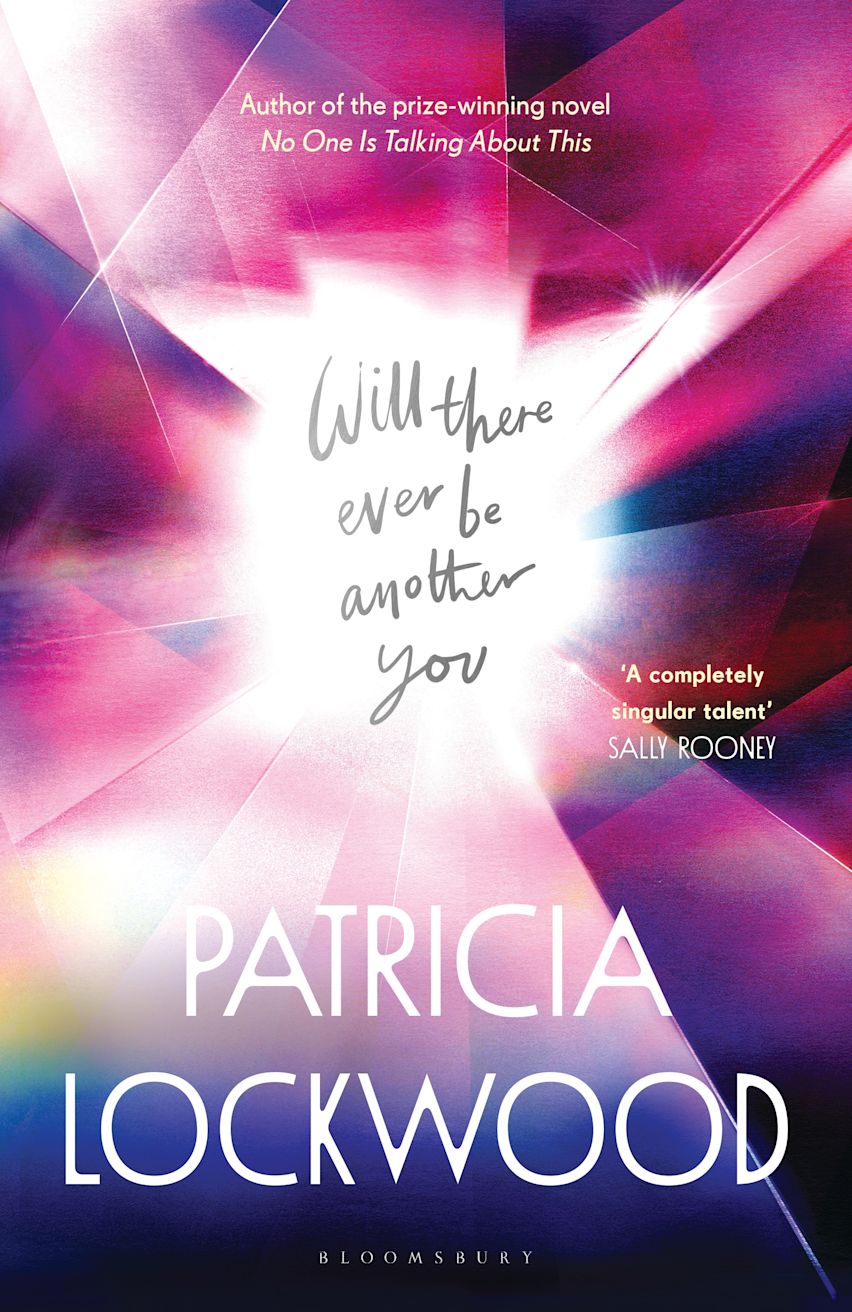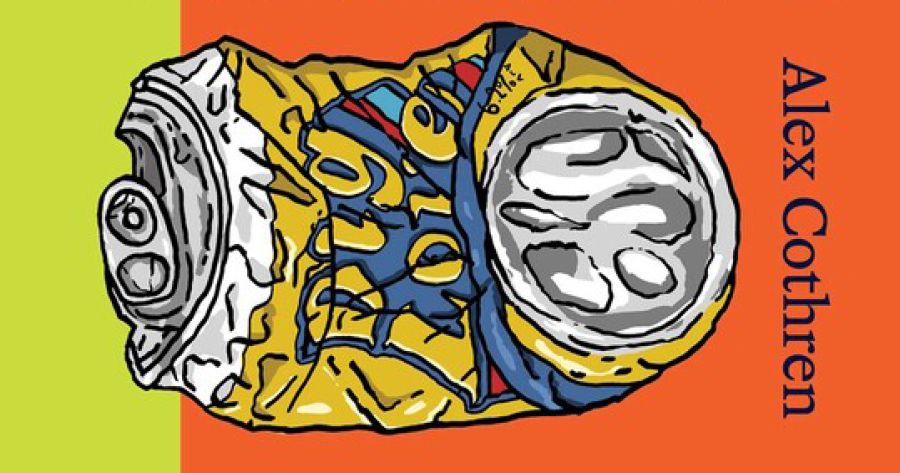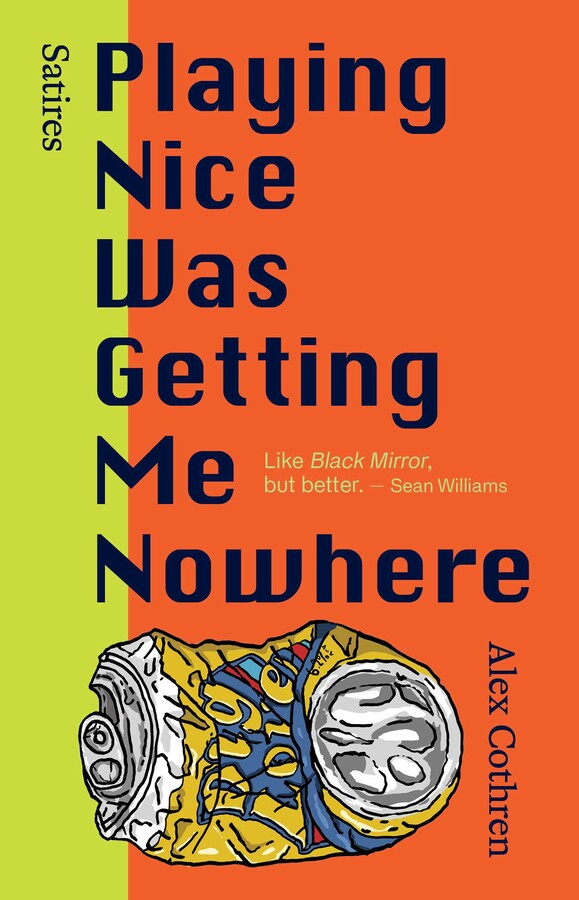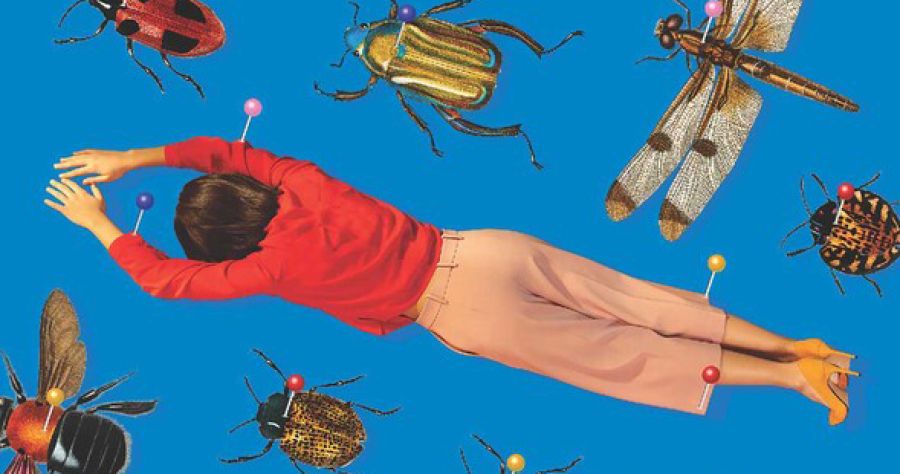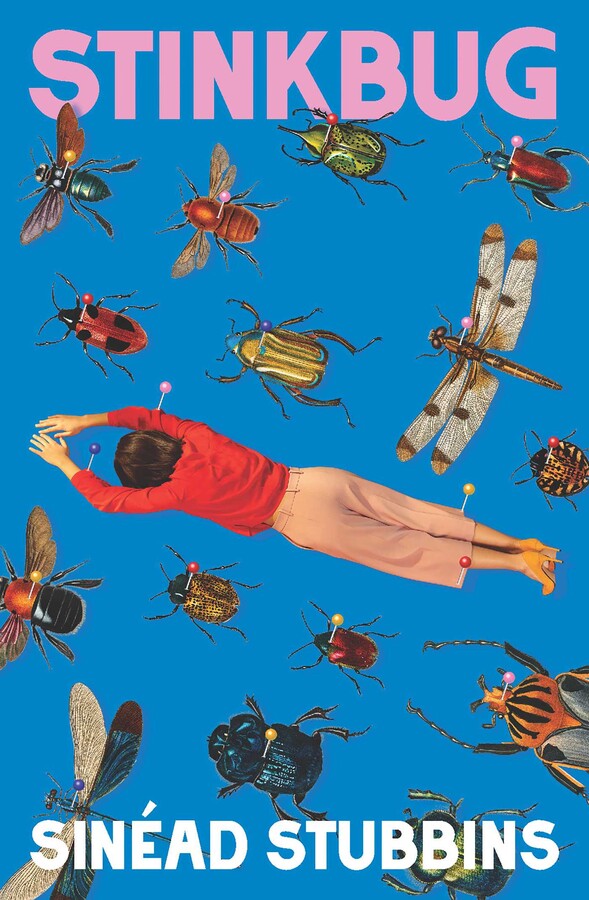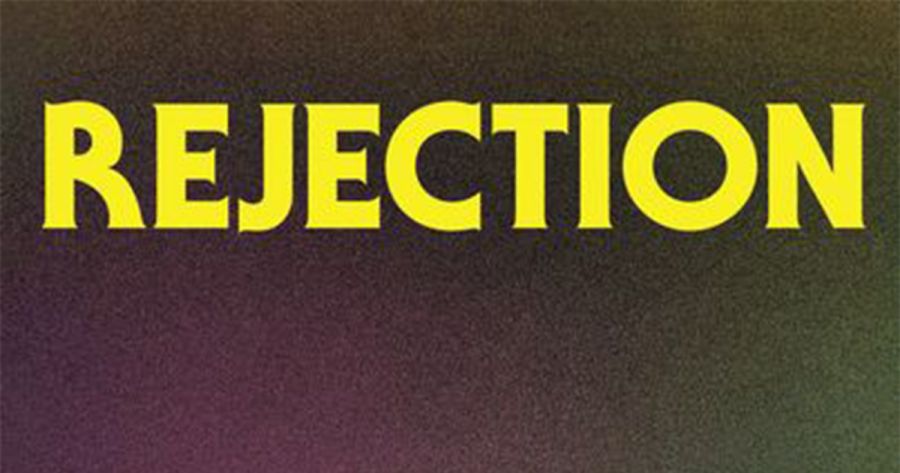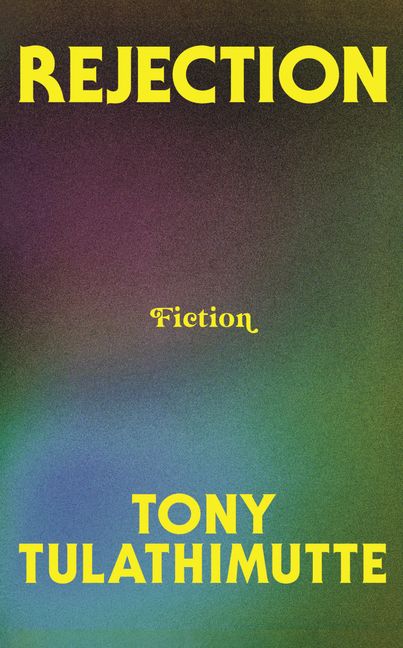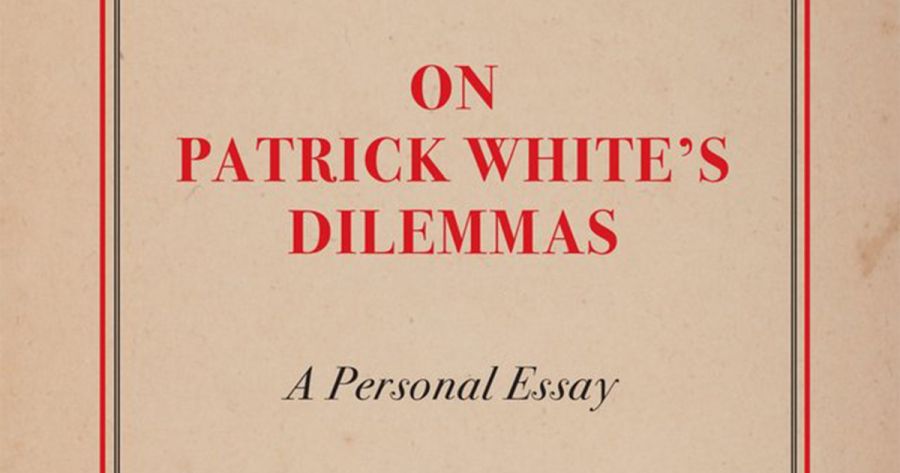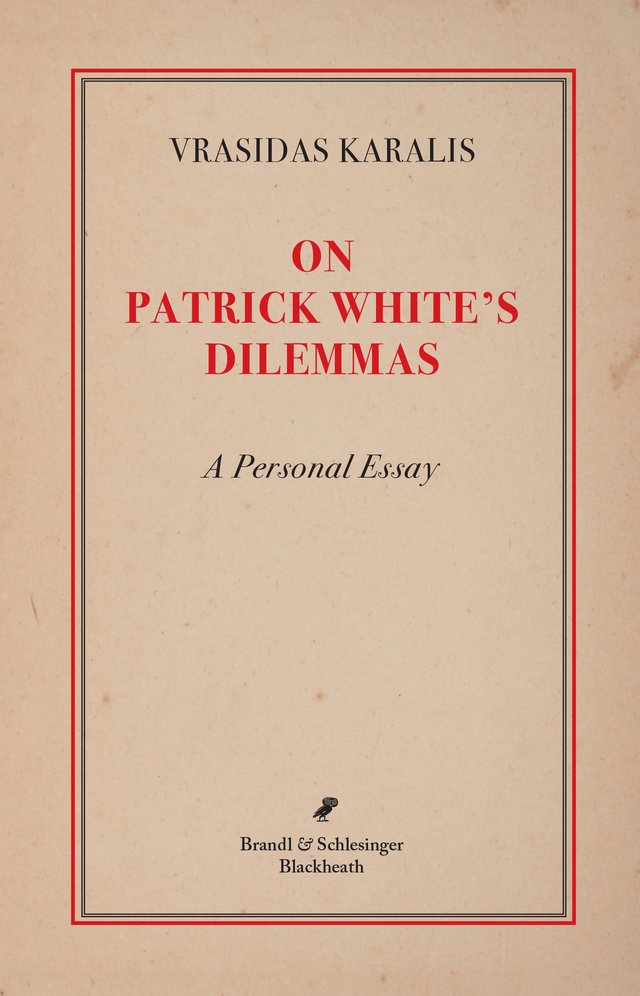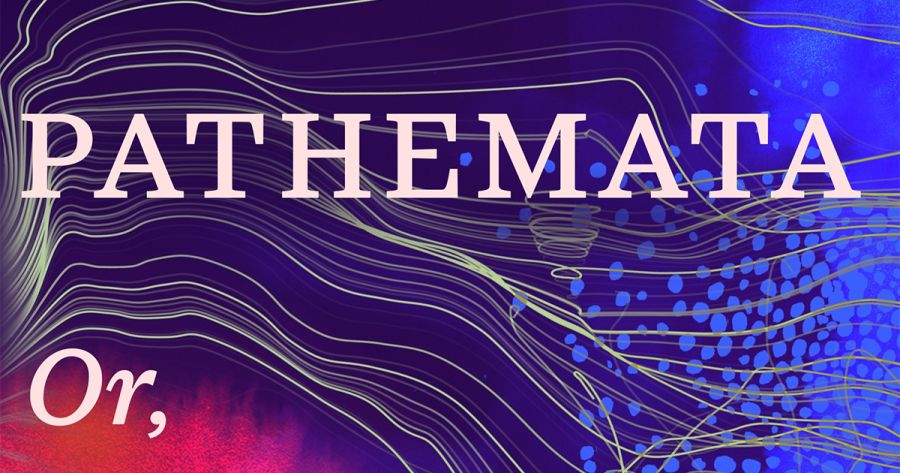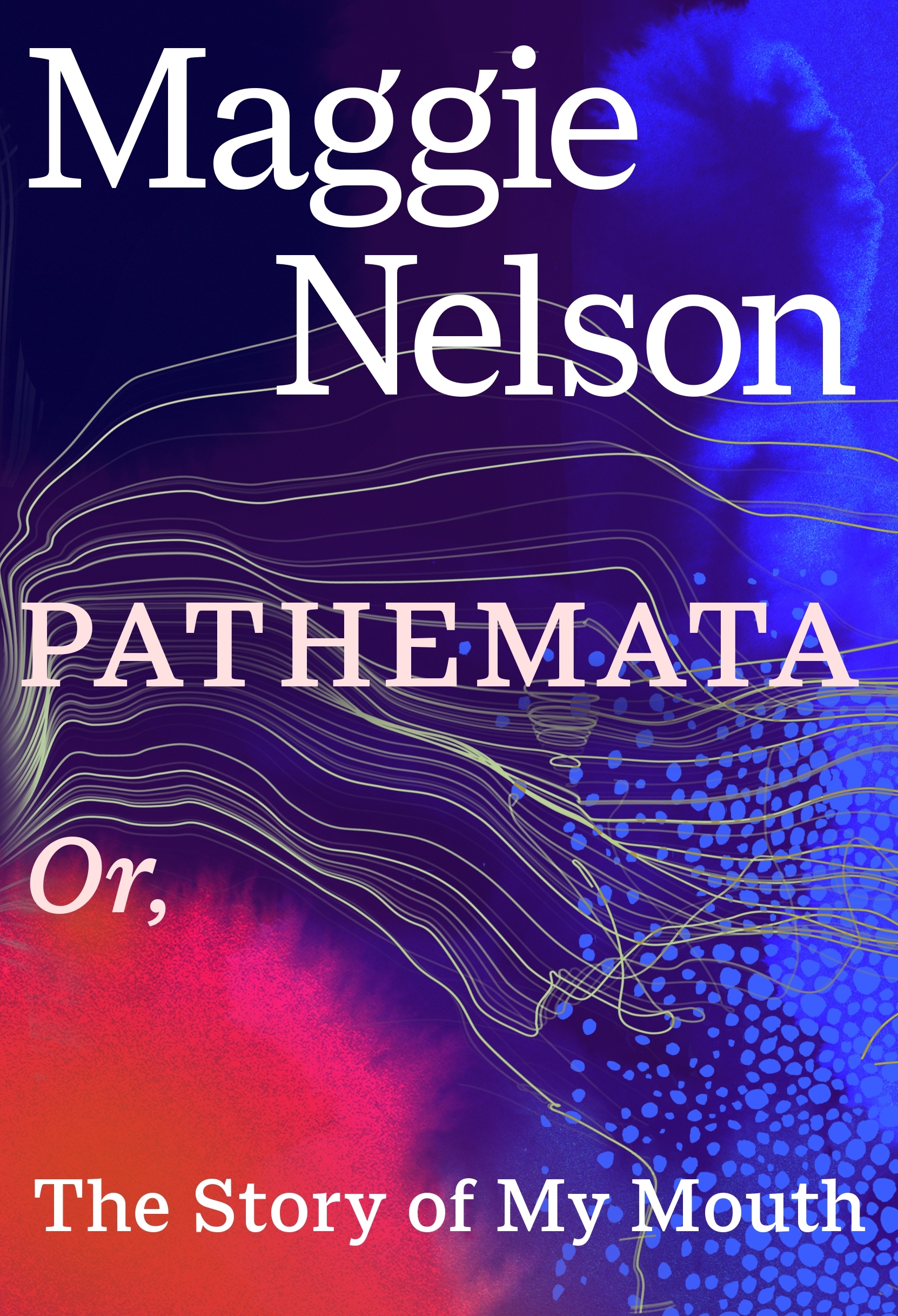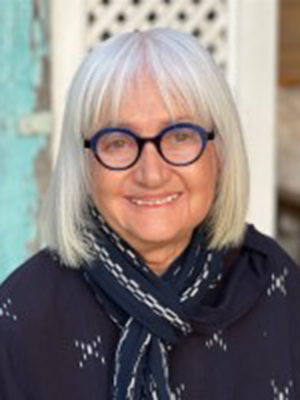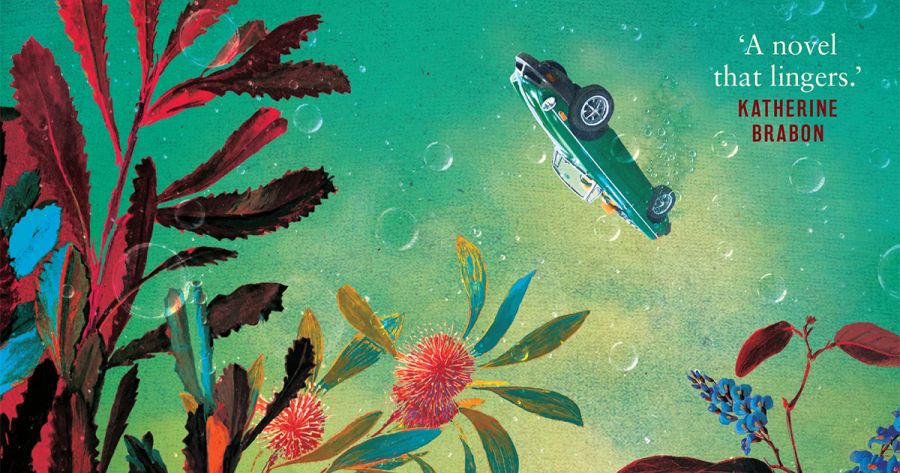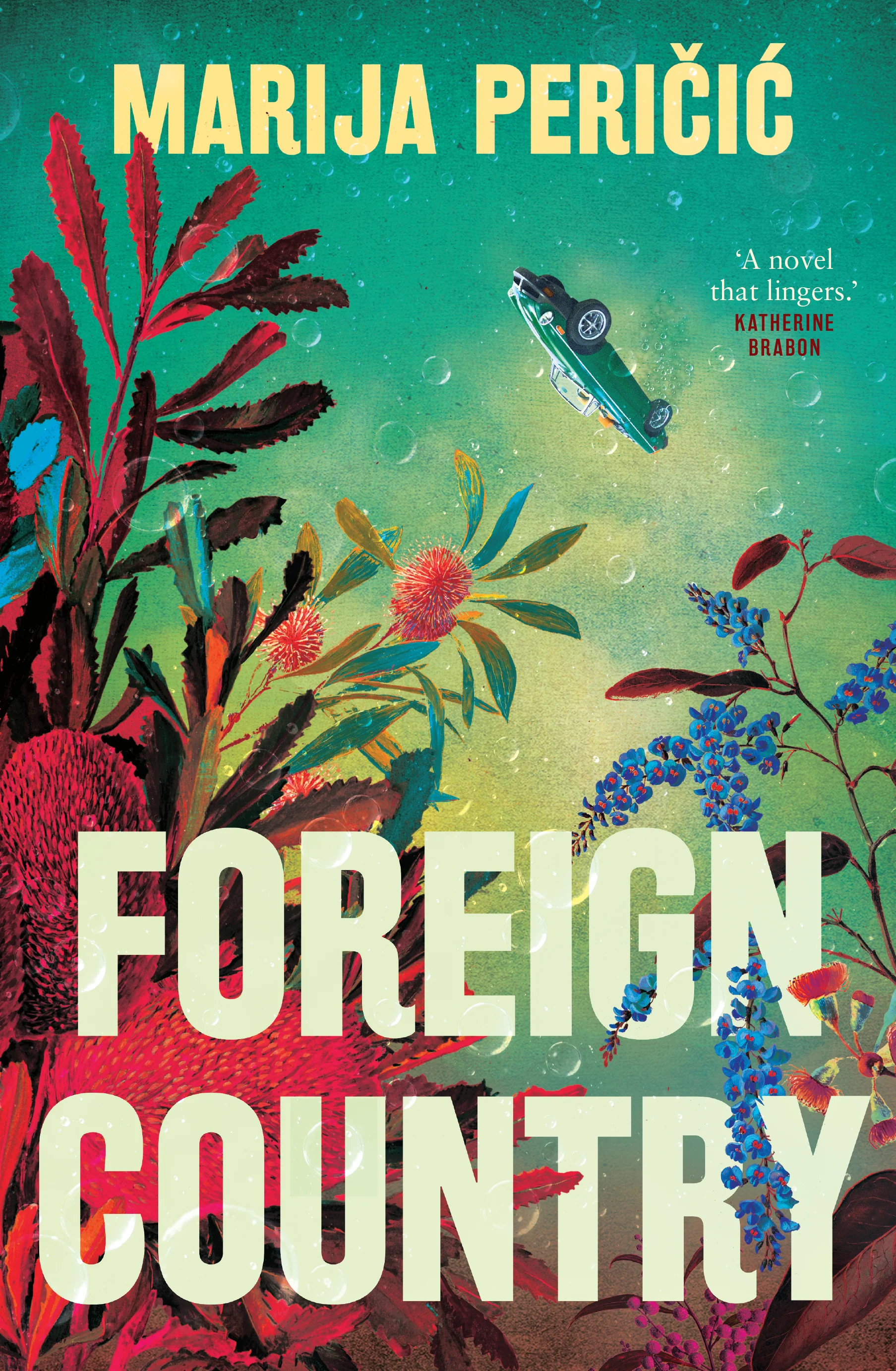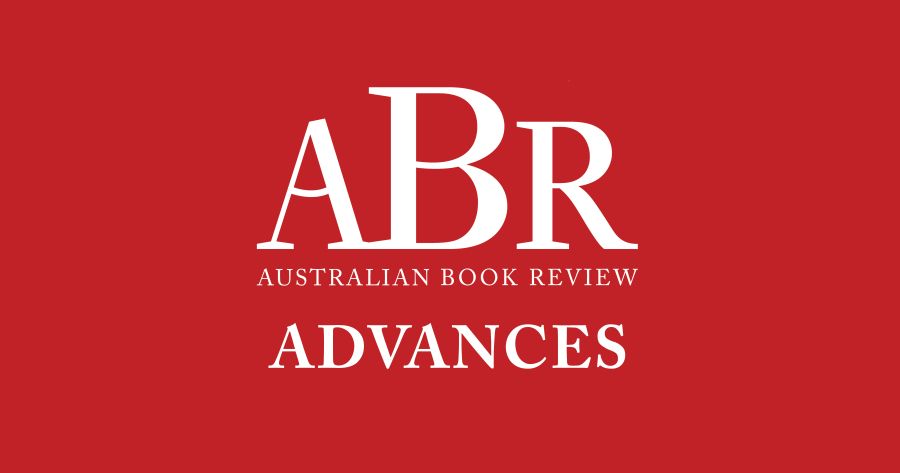
- Free Article: No
- Contents Category: Advances
- Review Article: No
- Article Title: Advances – September 2025
- Online Only: No
- Custom Highlight Text:
Now in its twenty-second year, Australia’s most alliterative poetry prize is open for entries. The Porter Prize, worth a total of $10,000, is funded by the ABR Patrons, including support in memory of Kate Boyce (1935-2020). This year’s judges are Judith Bishop, ABR Poetry Editor Felicity Plunkett, and Anders Villani – all accomplished poets and poetry critics.
- Featured Image (400px * 250px):
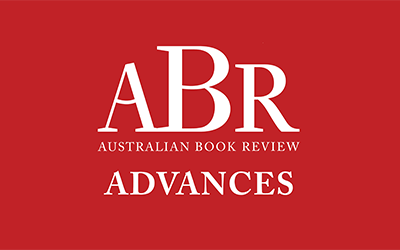
- Alt Tag (Featured Image): Advances – September 2025
2026 Peter Porter Poetry Prize
Now in its twenty-second year, Australia’s most alliterative poetry prize is open for entries. The Porter Prize, worth a total of $10,000, is funded by the ABR Patrons, including support in memory of Kate Boyce (1935-2020). This year’s judges are Judith Bishop, ABR Poetry Editor Felicity Plunkett, and Anders Villani – all accomplished poets and poetry critics.
The Porter Prize honours the life and work of poet Peter Porter (1929-2010). In his tribute to Porter, published in the June 2010 issue of ABR, another Australian poet in Peter Steele remarked that Porter’s writerly project could be summed up with this Porter line: ‘The model for art remains that of metamorphosis: imaginations, great events, are all transformation scenes.’
The Porter Prize has a history of recognising art as transformation scene, moving the mind. (Indeed, we like to think there are many such scenes in every issue of ABR.) Steele acknowledged the mess this sometimes produced: ‘He usually wrote poetry as, in my experience, he always spoke – rapidly, as if somehow to offer the trace of what was escaping, while the curiosity of what was emerging became apparent.’
Entries for the Porter Prize close on October 13. See our website for information and to submit your transformation scene.
Read more: Advances – September 2025
Write comment (0 Comments)

